
The Dream of Europe: Travels in the Twenty-First Century
by Geert Mak · 27 Oct 2021 · 722pp · 223,701 words
birds relied on never came. Was it the insecticides? Or was mass insect death one of the many effects of climate change? 5 Not many climate change deniers lived in rural Friesland in 2019. In the city you can perhaps still permit yourself head-in-the-sand politics, but in the countryside the
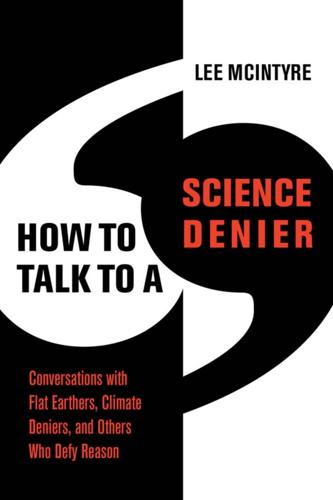
How to Talk to a Science Denier: Conversations With Flat Earthers, Climate Deniers, and Others Who Defy Reason
by Lee McIntyre · 14 Sep 2021 · 407pp · 108,030 words
the reasoning strategies for all science deniers might be the same, and that whatever argumentative tricks I used on the Flat Earthers might work on climate change deniers too. Little did I know what lay in store for me … Notes 1. Lee McIntyre, Post-Truth (Cambridge, MA: MIT Press, 2018). 2. This story
…
our plates were cleared—now past the second hour—we had returned to the topic of science denial. He said he didn’t like how climate-change deniers and anti-vaxxers looked down on Flat Earthers. He was also upset about the “moral superiority” of scientists and made a case that if they
…
others out there just like him. The argument he’d made over dinner had the same form as virtually every other denialist belief. Even if climate-change deniers and anti-vaxxers seem less extreme than Flat Earthers, they are using the same playbook. Even its own adherents would admit that Flat Earth is
…
two things from my time at FEIC 2018. First, I was right that the underlying reasoning of Flat Earthers was the same as that of climate-change deniers, anti-evolutionists, anti-vaxxers, and others. It wasn’t just the content of their beliefs, but the reasoning process that had gotten them there that
…
forms of science denial, but for the Flat Earthers this was not true. While many were anti-vaxxers, virtually everyone I met was not a climate change denier. Since they believed that we were living in a domed enclosure (something like a terrarium), they were convinced that global warming was an urgent matter
…
-earth-conference-conspiracy-theories-scli-intl/index.html 2 What Is Science Denial? After spending enough time around Flat Earthers, anti-vaxxers, intelligent designers, and climate change deniers, one begins to sense a pattern. Their strategies are all the same.1 Although the content of their belief systems differs, all science denial seems
…
are motivated to find facts that are consistent with what we prefer to believe, and all too ready to ignore any facts that don’t. Climate change deniers, for instance, sometimes insist that the global temperature did not go up during the seventeen years between 1998 and 2015, only because they cherry-picked
…
Earth … could there be a bigger conspiracy theory? Indeed, most Flat Earthers would admit that themselves. A similar chain of reasoning is often used in climate change denial. President Trump has long held that global warming is a “Chinese hoax” meant to undermine the competitiveness of American manufacturing.19 Others have contended that
…
have no training at all in understanding the above fallacies or even know their names. Yet they are experts in their practical use. When the climate change denier says that “carbon dioxide is not the only driver of climate change,” that is a perfect example of the straw-man fallacy, where one imagines
…
is not the point. Right now human-caused carbon dioxide emissions are by far the largest and fastest-growing cause of global warming. But the climate change denier doesn’t want to talk about this.30 So instead they invent a straw man, even though nobody said that human activity was the only
…
. If one desires more material to show that these and other logical fallacies are at the heart of Flat Earth, anti-vaxxer, anti-evolution, or climate change denier reasoning, there are a host of excellent resources.32 In later chapters, I will also provide more examples. Insistence That Science Must Be Perfect The
…
reached the “gold standard” of confidence, at the “five-sigma” level. This means that there is only a one-in-a-million chance that the climate change deniers could be right. Granted, this is not the same as certainty. But it is the same level of confidence that was reached in 2012 to
…
post-truth vortex. Is this to say that science denial is now simply political? In part, this may be true. The obvious example here is climate change denial, which suffers from a 96 to 53 percent partisan split.56 In his work on science denial, cognitive scientist Stephan Lewandowsky argues that these days
…
any instance of science denial can be remedied by giving the science denier more information. How often have we seen scientists try this! When the climate change denier says that there has been no global warming since 1998, we give them more temperature data. When they doubt this, we might move on to
…
/articles/PMC5180221/. 51. John Ridgway, “The Neurobiology of Climate Denial,” The Global Warming Policy Forum, August 6, 2018, https://www.thegwpf.com/the-neurobiology-of-climate-change-denial/. 52. Anna Merlan, “Everything I Learned While Getting Kicked Out of America’s Biggest Anti-Vaccine Conference,” Jezebel, June 20, 2019, https://jezebel.com/everything
…
actual science deniers are converted bear too close a resemblance to one another to be dismissed. In virtually every account I’ve read, anti-vaxxers, climate change deniers, or other ideologues who have changed their minds have done so on the basis of face-to-face encounters, where evidence was presented by someone
…
11, 2020, https://www.reuters.com/article/us-health-coronavirus-antivax/could-the-new-coronavirus-weaken-anti-vaxxers-idUSKCN21T089. 4 Close Encounters with Climate Change Climate change denial represents the biggest, most important case of science denial in our time. The reason for this is not only that climate deniers are so dug
…
be my goal here to present the scientific evidence for climate change. What does need looking into, though, are the motivations and strategies pursued by climate change deniers. Why do I call them “deniers” rather than “skeptics”? Because the evidence is so clear, and there is such great consensus among scientists, that it
…
plans to explore new oil fields in the Arctic once the polar ice cap had melted, even while it was ramping up efforts to foment climate change denial.39 It may be hard to remember, but it wasn’t always like this. When global warming first came to public attention in the late
…
, 2018, https://www.nytimes.com/2018/11/18/world/europe/finland-california-wildfires-trump-raking.html. 21. Jennifer Rubin, “Trump Shows the Rank Dishonesty of Climate-Change Deniers,” Washington Post, October 15, 2018, https://www.washingtonpost.com/news/opinions/wp/2018/10/15/trump-shows-the-rank-dishonesty-of
…
-climate-change-deniers/. 22. Josh Dawsey et al, “Trump on Climate Change: ‘People Like Myself, We Have Very High Levels of Intelligence but We’re Not Necessarily Such
…
of the Radical Right (New York: Doubleday, 2016). 44. Mayer, Dark Money, 204. 45. Jane Mayer, “‘Kochland’ Examines the Koch Brothers’ Early, Crucial Role in Climate-Change Denial,” New Yorker, August 13, 2019, https://www.newyorker.com/news/daily-comment/kochland-examines-how-the-koch-brothers-made-their-fortune-and-the-influence-it
…
News, December 10, 2015, https://www.eenews.net/stories/1060029290. 50. Brendan Montague, “I Crashed a Climate Change Denial Conference in Las Vegas,” Vice, July 22, 2014, https://www.vice.com/da/article/7bap4x/las-vegas-climate-change-denial-brendan-montague-101; Brian Palmer, “What It’s Like to Attend a Climate Denial Conference,” Pacific Standard
…
-held-a-conference-and-no-real-scientists-came/comment-page-8/; Brendan Montague, “I Crashed a Climate Change Denial Conference in Last Vegas,” Vice, July 22, 2014, https://www.vice.com/en/article/7bap4x/las-vegas-climate-change-denial-brendan-montague-101; https://climateconference.heartland.org/. See my discussion of climate change in Respecting Truth (72
…
proportion of climate deniers than the US. Oliver Milman and Fiona Harvey, “US Is Hotbed of Climate Change Denial, Major Global Survey Finds,” Guardian, May 8, 2019, https://www.theguardian.com/environment/2019/may/07/us-hotbed-climate-change-denial-international-poll. 10. Chris Mooney, “The Strange Relationship between Global Warming Denial and … Speaking English,” Guardian
…
only that more of their adherents are found on the left but that they are motivated by some liberal orthodoxy, in the same way that climate change denial not only bends right but is motivated by conservative views, such as skepticism about government control or an unshakable commitment to free market solutions.18
…
to make other GMO foods … it’s a trap!”89 Insistence That Science Must Be Perfect Here the problem is obvious. From Flat Earthers to climate change deniers, we are always hearing that “the crucial experiment hasn’t been done yet” or “we need more evidence.” The insistence on “proof” for something that
…
copy of Lynas. After a few minutes on other matters, Ted came back to my point about the similarity between his position and that of climate change deniers. “That was a good one,” he said. “I’m going to have to think about that one a little bit more.” That sounded good to
…
that a plurality, or even a majority, of deniers on any given topic (such as GMOs) were liberals, in just the same way that most climate change deniers are conservatives. But there is a worse problem. Hamilton uses the question “Do you trust scientists for information on GMOs?” as a proxy for denialist
…
about both epistemic and social change. And that is a good thing, not just for trying to convince anti-vaxxers, anti-evolutionists, Flat Earthers, and climate change deniers that there is room for them on the team that celebrates science, but finally to conclude that—if we want to make the world a
…
Bardon, Adrian, 207n35 Behind the Curve (Clark, dir.), 10, 13 Belief conversion. See also Strategies for changing minds anti-vaxxers and, 74–75, 77–78 climate change denial and, 75–76, 78–79, 106–115, 118–119 conspiracy theories and, 207n39 COVID-19 and, 169–174 Flat Earthers and, 3–4, 16–18
…
follow through, 78–80 pre-bunking vs. debunking, xiii, 71, 206n30, 207n31 social media amplification and, 77–78 spectrum of persudability, 77 Cherry-picking evidence climate change deniers and, 35, 91 confirmation bias and, 35–36 COVID-19 and, 163–164 Flat Earthers and, 35, 36, 199n28 GMO resistance and, 132–133 reliance
…
, 36, 40, 43, 46, 90, 179, 232n75 Circle of concern, 118, 119, 120, 180, 185–186 “Climate Change Conspiracy Theories” (Uscinski, Douglas, and Lewandowsky), 228n34 Climate change denial. See also Global warming belief conversion and, 75–76, 78–79, 106–115, 118–119 cherry-picking evidence and, 35, 91 China and, 105–106
…
, 204n7, 206n27 “Conservative and Liberal Views of Science” (Hamilton), 154–156, 235n15, 236n20 Conspiracy theories belief conversion and, 207n39 cafeteria skepticism and, 38, 44, 50 climate change denial and, 38–39, 91 COVID-19 and, 163–164 disinformation and, 77 Flat Earthers and, 38, 194n31 GMO resistance and, 128–131, 133, 228n34 great
…
, 46, 90, 216n42 Cook, John, 33, 78, 85, 172, 207n39 Corporate influence cigarette companies and, 36, 40, 43, 46, 54, 86, 90, 179, 232n75 on climate change denial, 54, 86–88, 118 Flat Earthers and, 130 GMOs and, 126, 128, 132, 133–134, 143–144, 159, 228n34 Corrective information, 63–67 COVID-19
…
denial anti-maskers, 167–168, 175–176 anti-vaxxers and, 166–167 belief conversion and, 169–174 cherry-picking evidence and, 163–164 climate change denial and, 116–117, 169–171 conspiracy theories and, 163–164 disinformation campaigns, 116, 165–169, 174 economic self-interest and, 170 face-to-face engagement
…
, dir.), 45 “Earth Is Round, The” (McIntyre), 30 Economic self-interest. See also Corporate influence cigarette companies and, 36, 40, 43, 46, 90, 179, 232n75 climate change denial and, 86–88, 103–106 COVID-19 and, 170 “Effective Strategies for Rebutting Science Denialism in Public Discussions” (Schmid and Betsch), xii–xiii, xv, 67
…
, 235n7 skepticism and, 136–138, 153–154 Whole Foods Market and, 123, 139–140, 143–144, 147 Gignac, Giles, 157-160 Global warming. See also Climate change denial; Maldives, The belief conversion and, 75–76 carbon dioxide emissions and, 42, 82, 117, 119, 220n6 coal dependence, 103–106 coral death, 96–100 government
…
, 79, 179 social factors and, 204n9 “Ideologues without Issues” (Mason), 53 Ideology vs. identity, 51–53, 66, 121. See also Lynas, Mark; Partisanship Illogical reasoning climate change denial and, 91 COVID-19 and, 165 Flat Earthers and, 42 GMO resistance and, 133–134, 135–136 science denial and, 33, 42–43 use of
…
, 64, 71, 73–74, 78, 79, 179. See also Science comprehension thesis (SCT) Insistence that science must be perfect cafeteria skepticism and, 38, 44, 50 climate change denial and, 44–45, 92 COVID-19 and, 165 Flat Earthers and, 11–12, 44 GMO resistance and, 134 science denial, 33, 43–45 theory of
…
, 87–88, 90, 111, 118 Mbeki, Thabo, 163, 233n82 McKee, Martin, 33 Mead, Alex, 96–101 Merchants of Doubt (Oreskes and Conway), 46, 216n42 Misinformation climate change denial and, 90–91, 116 Facebook and, 168, 169, 173, 242n33 misinformation research, 59–62, 63 research on challenging science denial, 59–64 social media amplification
…
–128, 132, 133, 133–134, 143–144, 149, 228n34 Mooney, Chris, 90, 105, 123–124, 225n18 Morano, Marc, 217n55 National Aeronautics and Space Administration (NASA) climate change denial and, xv, 75, 83 , 86 Flat Earthers and, 3, 5–6, 18, 25 International Space Station and, 195n37 Nero (emperor), 37 Nichols, Tom, 40–41
…
effect and, xii, 62–64, 67–68 challenging science denial and, 62–64 changing minds of partisans, 59–60, 62, 67, 70, 77, 204n3, 204n4 climate change denial and, 49, 118–119, 123, 157 conspiracy theories and, 49 conversion discourse and, 76, 209n50 COVID-19 denial and, 165–166, 167–169, 172–173
…
Regalado, Tomas, 79, 118–119 Reifler, Jason, 62–63, 64–66, 67 Reliance on fake experts bias and, 40–41 cherry-picking evidence and, 41 climate change denial and, 91 conspiracy theories and, 41–42 COVID-19 and, 164–165 partisanship and, 40 trust and, 41–42 use of term, 33, 40–42
…
, Michael, xiv, 66–67, 122–123, 139–140, 205n21, 223n5, 224n14 Skepticism anti-vaxxers and, 74, 124–125, 138 cafeteria skepticism and, 38, 44, 50 climate change denial and, 50–51, 92, 129 conspiracy theories and, 38, 44, 50 Flat Earthers and, 4, 18 GMOs and, 135–138, 153–154 partisanship and, 122
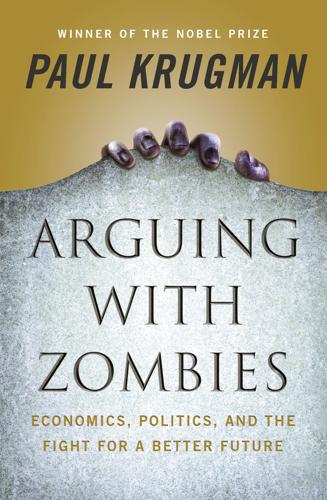
Arguing With Zombies: Economics, Politics, and the Fight for a Better Future
by Paul Krugman · 28 Jan 2020 · 446pp · 117,660 words
Something Not Rotten in Denmark Trump versus the Socialist Menace 15. CLIMATE Essay: The Most Important Thing Donald and the Deadly Deniers The Depravity of Climate-Change Denial Climate Denial Was the Crucible for Trumpism Hope for a Green New Year 16. TRUMP Essay: Why Not the Worst? The Paranoid Style in G
…
suffering as a result. The rest of the book is mainly about what the title says: arguing with zombies, from the tax-cut zombie to climate-change denial, and also about the movement conservatism that keeps those zombies shambling along. Yes, there’s also quite a lot about Donald Trump, but I see
…
personal gain. When it comes to climate, however, they aren’t just selling out America; they’re selling out the whole world. THE DEPRAVITY OF CLIMATE-CHANGE DENIAL November 26, 2018 The Trump administration is, it goes without saying, deeply anti-science. In fact, it’s anti-objective reality. But its control of
…
supported by overwhelming scientific consensus? Yes, they are—as long as their arguments are made in good faith. But there are almost no good-faith climate-change deniers. And denying science for profit, political advantage, or ego satisfaction is not O.K.; when failure to act on the science may have terrible consequences
…
: PBS viewers weren’t even given a hint that the professional consensus exists. It’s as if you had a program on climate and only climate-change deniers were represented. And maybe we should put this in the context of another debate, the big one over austerity. Here too there has been a
…
U.S. Politics Capitalism, Socialism, and Unfreedom Something Not Rotten in Denmark Trump versus the Socialist Menace Donald and the Deadly Deniers The Depravity of Climate-Change Denial Climate Denial Was the Crucible for Trumpism Hope for a Green New Year The Paranoid Style in G.O.P. Politics Trump and the Aristocracy
…
of, 332 as anti-worker, 351–53 appointments to, 352 bad faith of, 151, 332, 365 charlatans and cranks in, 149, 151, 329, 331, 333 climate change deniers in, 329–31, 332–34, 335–37 and collapse of freedom, 187 compared to that of G. W. Bush, 9, 13 and conspiracy theories, 150
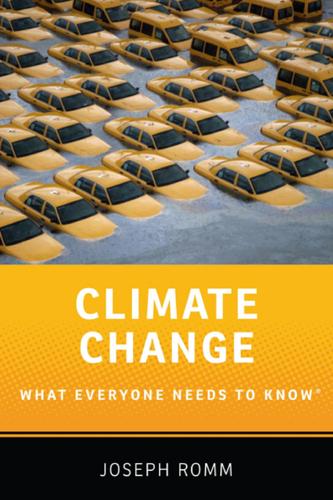
Climate Change
by Joseph Romm · 3 Dec 2015 · 358pp · 93,969 words
“a prominent skeptic of climate change.” They note that in the same week, National Public Radio’s Morning Edition called Inhofe “one of the leading climate change deniers in Congress.” The signatories note, “These are not equivalent statements” and the two terms should not be conflated. “Proper skepticism promotes scientific inquiry, critical investigation
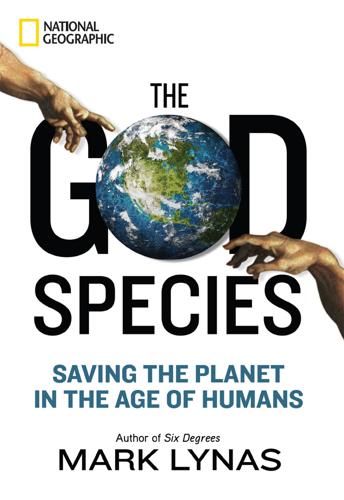
The God Species: Saving the Planet in the Age of Humans
by Mark Lynas · 3 Oct 2011 · 369pp · 98,776 words
our potential. Even most Greens—ever hopeful that vanished wild nature can one day be restored—still recoil from the real truth about our role. Climate change deniers are successful not just because of the moneyed vested interests they serve, but because they tap into a powerful cultural undercurrent that insists we are
…
inconvenient burden of responsibility. What you don’t know can’t hurt you, right? This see-no-evil approach is particularly convenient for politically motivated climate-change deniers. Take Newt Gingrich, the U.S. Republican firebrand who almost single-handedly destroyed the Clinton Presidency and is now taking aim at Obama too. He
…
15°C today on average—perfect for abundant life—while keeping enough carbon locked up underground to avoid a Venusian-style runaway greenhouse. Ideologically motivated climate-change deniers may rant and obfuscate, but geology (not to mention physics) leaves no room for doubt: Greenhouse gases, principally carbon dioxide (with water vapor as a
…
, aimed primarily at producing plutonium during the Cold War, was inherently dangerous and that none were built outside the Communist bloc. Using similar tactics to climate-change deniers, Greenpeace in 2006 handpicked a group of supportive scientists in order to publish its own “scientific” report challenging the expert consensus around Chernobyl, insisting that
…
newspaper,56 Ridley draws an analogy with acid rain, which he asserts was also the “scare” of its day. Utilizing all the classic tactics of climate-change deniers, he uses this false analogy (it is false because acid rain was real) to back a charge of grant-funding “vested interests” by marine scientists
…
more extreme right represented by the Tea Party movement, climate denialism is an article of faith (and I mean that literally). In the U.K., climate-change deniers I know (most of whom I have great respect for on a personal level) all seem to hail from the political right, Matt Ridley included
…
right-wingers, as some on the Green left assert, simply “antiscience”? Part of the explanation I think lies with deeply held political and social values. Climate-change deniers tend to be suspicious of what they see as big government and potentially intrusive state regulation over the private affairs of citizens and businesses. At
…
(UNSCEAR) United States: solar power; agricultural fertilizer, dependence on; meat consumption; ethanol production; freshwater species extinction; freshwater ecological restoration; seasonality of runoff; nuclear power in; climate change deniers in; CFC regulation and; Kyoto Protocol and; Copenhagen summit, role in; clean energy and urbanization U.S. Army Corps of Engineers Uzbekistan valueing natural assets
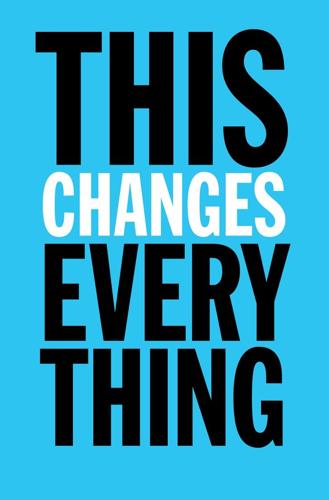
This Changes Everything: Capitalism vs. The Climate
by Naomi Klein · 15 Sep 2014 · 829pp · 229,566 words
wrong with the shiny card in my wallet attesting to my “elite” frequent flyer status. A great many of us engage in this kind of climate change denial. We look for a split second and then we look away. Or we look but then turn it into a joke (“more signs of the
…
’s better if he never sees a starfish at all—certainly not like this . . . When fear like that used to creep through my armor of climate change denial, I would do my utmost to stuff it away, change the channel, click past it. Now I try to feel it. It seems to me
…
House, in which they pledged to join forces and fight climate change together. And in 2007, Rupert Murdoch—whose Fox News channel relentlessly amplifies the climate change denial movement—launched an incentive program at Fox to encourage employees to buy hybrid cars (Murdoch announced he had purchased one himself). Those days of bipartisanship
…
worldview to be shattered, a fact that was as true of die-hard Stalinists at the height of the purges as it is of libertarian climate change deniers today. Furthermore, leftists are equally capable of denying inconvenient scientific evidence. If conservatives are inherent system justifiers, and therefore bridle before facts that call the
…
terribly hard to see what’s going on. The Heritage Foundation is hawking reports, as are the Cato Institute and the Ayn Rand Institute. The climate change denial movement—far from an organic convergence of “skeptical” scientists—is entirely a creature of the ideological network on display here, the very one that deserves
…
for naught. With stakes like these, clearly greed is not so very good after all. And that is what is behind the abrupt rise in climate change denial among hardcore conservatives: they have come to understand that as soon as they admit that climate change is real, they will lose the central ideological
…
license to intrude, to interfere and to regulate.” It must, he concludes, be a conspiracy—the classic teleological reversal of cause and effect.29 The climate change denial movement is littered with characters who are twisting themselves in similar intellectual knots. There are the old-timer physicists like S. Fred Singer, who used
…
recent studies on climate perceptions is the clear connection between a refusal to accept the science of climate change and social and economic privilege. Overwhelmingly, climate change deniers are not only conservative but also white and male, a group with higher than average incomes. And they are more likely than other adults to
…
to push more aggressive climate policy—on the contrary, many companies and trade groups have provided substantial funding to the think tanks that created the climate change denial movement.44 For some time, this seemingly contradictory dynamic played out within different divisions of the Heartland Institute itself. The world’s premier climate denial
…
global economy based on the rules of free market fundamentalism, the very rules incubated in the right-wing think tanks now at the forefront of climate change denial. There is a certain irony at work: it is the success of their own revolution that makes revolutionary levels of transformation to the market system
…
to modern energy for the first time, those who are consuming far more energy than they need would have to consume less. How much less? Climate change deniers like to claim that environmentalists want to return us to the Stone Age. The truth is that if we want to live within ecological limits
…
this is a great deal more redistribution, so that more of us can live comfortably within the planet’s capacity. Which is precisely why, when climate change deniers claim that global warming is a plot to redistribute wealth, it’s not (only) because they are paranoid. It’s also because they are paying
…
of the Environment Agency had stated plainly during the most recent round of cuts that “Flood risk maintenance will be impacted.”34 Cameron is no climate change denier, which is what made it all the more incredible that he had hobbled the agency responsible for protecting the public from rising waters and more
…
happen until the corporate liberation project that has shaped our political culture for three and a half decades is buried for good. Just as the climate change deniers I met at the Heartland Institute fear, there is a direct relationship between breaking fossilized free market rules and making swift progress on climate change
…
fuel companies fight furiously to block every piece of legislation that would point us in the right emissions direction, and why some directly fund the climate change denier movement.58 It also helps that these companies are so profitable that they have money not just to burn, but to bribe—especially when that
…
but simply had better plans for distributing the spoils. Far from seeing climate change as an opportunity to argue for their socialist utopia, as conservative climate change deniers fear, Syriza had simply stopped talking about global warming altogether. This is something that the party’s leader, Alexis Tsipras, admitted to me quite openly
…
of questions that get asked in the first place. And since it is generally accepted that fossil fuel money and conservative foundations have shaped the climate change denial movement, it seems fair to ask whether fossil fuel money and the values of centrist foundations have shaped parts of the movement that are in
…
several influential think tanks that are generously funded with fossil fuel dollars. For instance, over a period of years, as it stoked the flames of climate change denial, the American Enterprise Institute (AEI) took millions of dollars in donations from ExxonMobil. It continues to be the top recipient of money from conservative foundations
…
in faraway labs playing god. IV. Ironically, the most reproduced of the earth-from-space photos was likely taken by Harrison Schmitt, a card-carrying climate change denier, former U.S. senator and a regular speaker at Heartland conferences. He was rather blasé about the experience: “You seen one Earth, you’ve seen
…
It is this powerfully seductive illusion of total control that a great many boosters of extractive energy are so reluctant to relinquish. Indeed at the climate change denial conference hosted by the Heartland Institute, renewables were derided as “sunbeams and friendly breezes”—the subtext was clear: real men burn coal.10 And there
…
that leadership vacuum and find ways to change the power equation. The right, as usual, understands this better than the left, which is why the climate change denial crowd consistently claims that global warming is a socialist conspiracy to redistribute wealth (the Competitive Enterprise Institute’s Chris Horner likes to say rich countries
…
book. Admittedly, much of it is painful. From the young climate activist breaking down and weeping on my shoulder at the Copenhagen summit, to the climate change deniers at the Heartland Institute literally laughing at the prospect of extinction. From the country manor in England where mad scientists plotted to blot out the
…
Betasamosake Simpson helped me to understand the underlying logic of extractivism, and Renee Lertzman, Kari Marie Norgaard, Sally Weintrobe, and Rosemary Randall made me see climate change denial in a whole new light. The political economy of the climate crisis is an incredibly dense field, and there is no way I could possibly
…
,” Agence France-Presse, February 11, 2014. 8. “Exponential Growth in Weather Risk Management Contracts,” Weather Risk Management Association, press release, June 2006; Eric Reguly, “No Climate-Change Deniers to Be Found in the Reinsurance Business,” Globe and Mail, November 28, 2013. 9. “Investor CDP 2012 Information Request: Raytheon Company,” Carbon Disclosure Project, 2012
…
,” East Bay Tea Party, May 7, 2011, http://www.theeastbayteaparty.com. 23. For more on the conservative movement’s role in climate change denial, see: Riley E. Dunlap and Aaron M. McCright, “Organized Climate Change Denial,” in The Oxford Handbook of Climate Change and Society, ed. John S. Dryzek, Richard B. Norgaard, and David Schlosberg (Oxford
…
Success in Undermining Climate Science and Policy,” Theory, Culture, and Society 27 (2010): 100–133. DENIAL BOOKS STUDY: Riley E. Dunlap and Peter J. Jacques, “Climate Change Denial Books and Conservative Think Tanks: Exploring the Connection,” American Behavioral Scientist 57 (2013): 705–706. 24. Bast interview, June 30, 2011. 25. Robert Manne, “How
…
Can Climate Change Denialism Be Explained?” The Monthly, December 8, 2011. 26. GORE: “Al Gore Increases His Carbon Footprint, Buys House in Ritzy Santa Barbara Neighborhood,” Hate the Media
…
” is truly distinct from political ideology and possesses unique explanatory power, social scientists have criticized cultural cognition theory for neglecting the structural drivers of the climate change denial movement. For key examples of scholarship focusing on the social, political, and economic dynamics of that movement, see Dunlap and McCright, “Organized
…
Climate Change Denial,” and McCright and Dunlap, “Anti-Reflexivity.” On the Heartland Institute’s funding: according to Greenpeace USA’s ExxonSecrets project, the organization “has received $676,500
…
Klein’s and My View of Climate Change and Economic Growth,” KevinAnderson.info, September 24, 2013. 55. Clive Hamilton, “What History Can Teach Us About Climate Change Denial,” in Engaging with Climate Change: Psychoanalytic and Interdisciplinary Perspectives, ed. Sally Weintrobe (East Sussex: Routledge, 2013), 18. 56. For the foundational scenario modeling work on
…
. Mark Dowie, Losing Ground: American Environmentalism at the Close of the Twentieth Century (Cambridge, MA: MIT Press, 1996), 25. 65. Yotam Marom, “Confessions of a Climate Change Denier,” Waging Nonviolence, July 30, 2013. 66. “Paxman vs. Brand—Full Interview” (video), BBC Newsnight, October 23, 2013. 67. “System Change—Not Climate Change,” A People
…
from Klimaforum09, December 2009. 68. Miya Yoshitani, “Confessions of a Climate Denier in Tunisia,” Asian Pacific Environment Network, May 8, 2013. 69. Nick Cohen, “The Climate Change Deniers Have Won,” The Observer, March 22, 2014. 70. Philip Radford, “The Environmental Case for a Path to Citizenship,” Huffington Post, March 14, 2013; Anna Palmer
…
tipping points for, 14, 412 2 degrees Celsius boundary in, 87–88, 89, 150, 354, 456 wealth creation and, 46–52 weather patterns and, 269 climate change denial, 2–5, 26, 43, 91, 119, 282–83, 394, 407, 451 economics as factor in, 3, 45–46, 59–60 extractive industries’ funding of, 44
…
vs., 7 free trade agreements as threat to, 358–60 Democratic party, 35, 83, 141, 153, 234 climate change accepted by majority in, 35–36 climate change deniers in, 46 Demos, 216 Denmark, renewable energy in, 70, 131–32, 138, 179, 398 deregulation, 8, 19, 20, 72, 142, 154, 210 Derham, William, 171
…
: extractive industries and, 316, 386 minimizing of, 12 economic geologists, 46 economic growth, 21, 129–30, 186 atmospheric limits vs., 86–89 in capitalism, 89 climate change denial and, 3, 45–46, 59–60 corporate deregulation and, 19 dirty model of, 82 limits on, 185–86 orthodoxy of, 81, 94, 178 economic justice
…
, 14 extractive industries, 79, 121, 133, 141, 181, 213 alienation of onetime friends by, 313 Big Green and, 191–201 billionaires’ investments in, 235–37 climate change deniers funded by, 44–45, 149 depletion of conventional reserves in, 310 divestment movement and, 206, 353–58, 365, 401, 402–3 donations to environmental groups
…
, 60 Matsés people, 220–21 Maules Creek mining project, 300–301 Maxmin, Chloe, 354 May, Brendan, 249n Means, Landon, 395 meat, demand for, 14 media: climate change denial and, 34 elite control over, 18, 369–70 Meeting Environmental Challenges (Kasser and Crompton), 60 Melbourne, Australia, 446 Melbourne, University of, Energy Institute of, 102
…
, 413–18 WTO’s slowing of, 71–72 reparations, 414–15 see also climate debt REPOWERBalcombe, 403–4 Republican party, 35, 118, 125, 141, 204 climate change denial and, 34, 36, 46, 407 Republic Windows and Doors, 123n resilience, 419, 442 Resisting Environmental Destruction on Indigenous Lands (REDOIL), 375–76 resources, depletion of
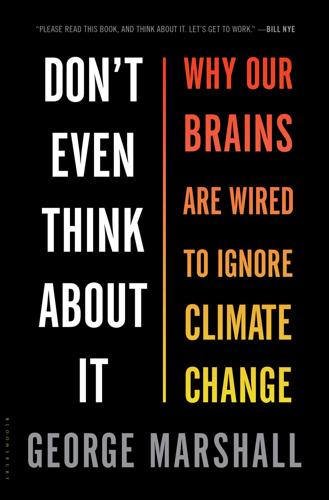
Don't Even Think About It: Why Our Brains Are Wired to Ignore Climate Change
by George Marshall · 18 Aug 2014 · 298pp · 85,386 words
climate change, which led both sides to believe that their opinion was more common than it actually was. However, because the loud and very vocal climate change deniers were also heard far into the mainstream media, both sides tended to hugely overestimate their numbers, guessing them to make up a quarter of the
…
increases their in-group identification with the view they already hold. When scientists post a research paper on the Internet about climate change deniers, the angry responses generate even more data about climate change deniers—like a fast breeder reactor. The psychologist Stephan Lewandowsky received enough aggressive responses to his first research paper on climate denial
…
order to maintain their cultural identity as responsible citizens. “‘Knowing’ or ‘not knowing,’” she says, “is itself a political act.” Like other academics who challenge climate change denial, Norgaard discovered for herself the mechanisms by which these politicized norms are policed and transgressors are punished. In 2012 a University of Oregon press release
…
loudly because the neighbors can listen through the wall.” In this context, it is not surprising that there are multiple similarities between the mechanisms of climate change denial and the socially constructed silence found around human rights abuses. The late Stanley Cohen, a sociologist at the London School of Economics, drew strongly on
…
the meteorite industry) and that is so distant, so uncertain, and to many people so unlikely, that very few people take it seriously. Except, strangely, climate change deniers. One of the center’s strongest supporters is Benny Peiser, the director of leading British denial think tank the Global Warming Policy Foundation. Ten years
…
on the fourth floor, I am intrigued to know why the Smithsonian, America’s most respected scientific body, took funding from America’s most notorious climate change denier to host a permanent display—one that now carries his name—portraying climate change as a natural cycle and positive challenge that we will mutate
…
have this structure: Governments (perpetrators) justify carbon taxes (effect) in order to extend their control over our lives (motive). Right-wing oil billionaires (perpetrators) fund climate change denial (effect) to increase their wealth (motive). This is why it is extremely hard for a deeply unengaging narrative based in fact to compete with a
…
up with “a final opening out into life, with everything at last resolved.” It is maybe no coincidence that Booker is also Britain’s leading climate change denier. He was forced to pay a large libel settlement and publish a full retraction after telling an entirely fabricated story that the head of the
…
read it, a universal frame for decline, decay, and death is being promoted on a vast scale all around the world as a symbol for climate change. Deniers understood this immediately. The blogger Alan Caruba posted an aerial photograph of an entirely dark North Korea at night with the caption “It’s Always
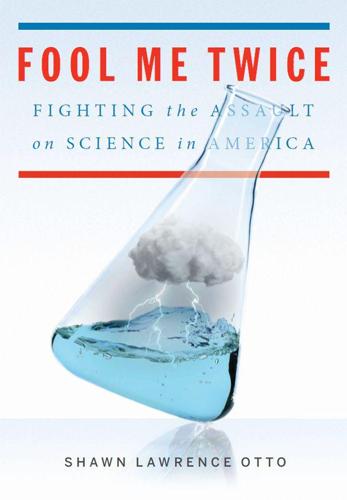
Fool Me Twice: Fighting the Assault on Science in America
by Shawn Lawrence Otto · 10 Oct 2011 · 692pp · 127,032 words
to seek innovative private sector solutions to public policy problems.”15 Legates was listed as a senior fellow16 and was also working for numerous other climate change denial outfits, many funded by Exxon-Mobil and the Koch family foundations.17 The paper offered a rhetorical argument couched as science. The same day, a
…
“but faith, or opinion.” The paper cited 101 sources and so appeared to be scientific. Willie Soon had authored other scientifically discredited, energy-industry-funded climate change denial papers in the past, including with Legates.28 He is not a climate scientist or a polar bear expert. He is an astrophysicist. He is
…
“vulgar Induction,” or pseudoscience, and that he is using the credibility of his position at Harvard to fool people. Soon is a frequent speaker at climate change denial conferences, such as those sponsored by the Heartland Institute. Ecological Complexity has ethical rules about disclosure of conflicts of interest.29 Because of this, Soon
…
Exchange Commission and charitable organizations’ reports to the IRS show that between 2005 and 2008, Exxon-Mobil gave about $9 million to groups linked to climate change denial, while foundations associated with the private oil giant Koch Industries gave nearly $25 million.43 The third major funder was the American Petroleum Institute (API
…
more on anti-clean-energy ads from January through October 2010,46 and Koch family foundations gave an overall $48 million to groups engaged in climate change denial between 1997 and 2008.47 It was an assault that climate scientists were wholly unprepared for, even though it had been building for some time
…
lapped up the prepackaged “controversy” and called it “Climategate.” “Too many lazy journalists simply uncritically parroted what they had read from dubious sources, such as climate change denial outfits and blogs,” said Mann.62 The story highlights the problem that arises when most of the journalists in a democratic society whose major policy
…
. In response, climate change deniers renewed their criticism of the hockey stick graph, which they argued was an inaccurate depiction based on faulty science (prong one). The graph had a self-evident power of the sort scientists often dream of but rarely achieve. Invalidating it was the holy grail of climate change denial, the mortal blow
…
the bill. In February 2010, Senator James Inhofe of Oklahoma, the ranking Republican on the Senate Committee on Environment and Public Works and a longtime climate change denier, attacked under prong four. Following Rush Limbaugh’s on-air suggestion of November 24, 2009, Inhofe went after Mann personally in a Senate minority report
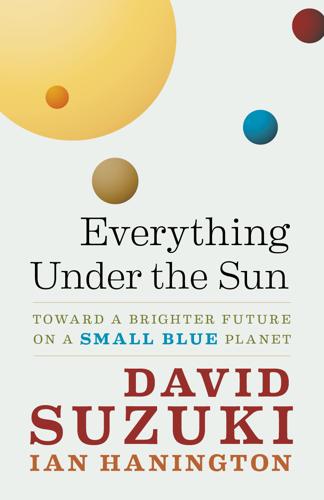
Everything Under the Sun: Toward a Brighter Future on a Small Blue Planet
by Ian Hanington · 13 May 2012 · 258pp · 77,601 words
delay or prevent action by sowing confusion. Science is clear about the threat of climate change WHY DOES THE public often pay more attention to climate-change deniers than climate scientists? Why do denial arguments that have been thoroughly debunked still show up regularly in the media? Some researchers from New York’s
…
THEIR DESPERATION to find even a tiny shred of peer-reviewed science to challenge the volumes of research from around the world about human-caused climate change, deniers have often held up Willie Soon’s work. Soon, an astrophysicist at the Harvard-Smithsonian Centre for Astrophysics, is known for studies that purportedly show
…
repeat the same discredited points about “Climategate” and medieval warm periods and CO2 as plant food, and they’ll continue to take the advice of climate-change denial PR people like Tom Harris to bombard the media with opinion articles, letters to editors, and comments under online articles. Some people rightly point out
…
to resolve the serious problems we have created. Science delivers repeated blows to deniers IT MUST BE difficult, if not downright embarrassing, to be a climate-change denier these days. The scientists they’ve attacked have been exonerated, and more and more denier “experts” are being exposed as shills for industry or just
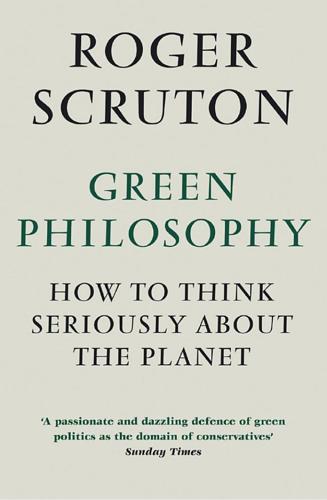
Green Philosophy: How to Think Seriously About the Planet
by Roger Scruton · 30 Apr 2014 · 426pp · 118,913 words
, even getting himself arrested during a recent protest against a coal-mining operation in West Virginia, while his intemperate dismissal of those whom he calls ‘climate change deniers’ has not earned him universal respect in the scientific community.44 One of Hansen’s more dogged critics has been Richard Lindzen, professor of meteorology
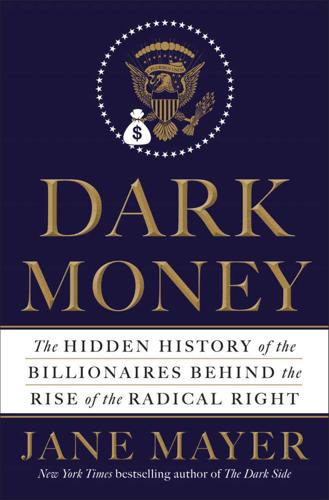
Dark Money: The Hidden History of the Billionaires Behind the Rise of the Radical Right
by Jane Mayer · 19 Jan 2016 · 558pp · 168,179 words

Doppelganger: A Trip Into the Mirror World
by Naomi Klein · 11 Sep 2023
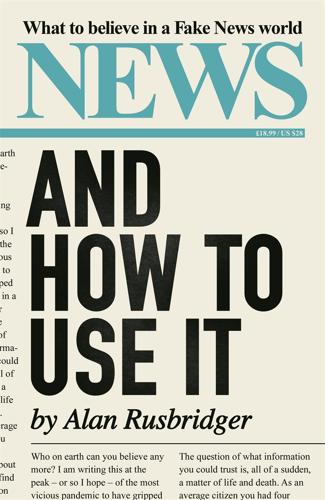
News and How to Use It: What to Believe in a Fake News World
by Alan Rusbridger · 26 Nov 2020 · 371pp · 109,320 words
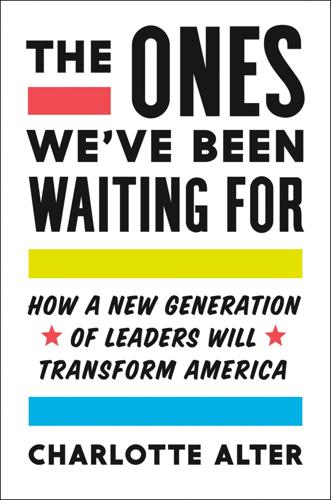
The Ones We've Been Waiting For: How a New Generation of Leaders Will Transform America
by Charlotte Alter · 18 Feb 2020 · 504pp · 129,087 words
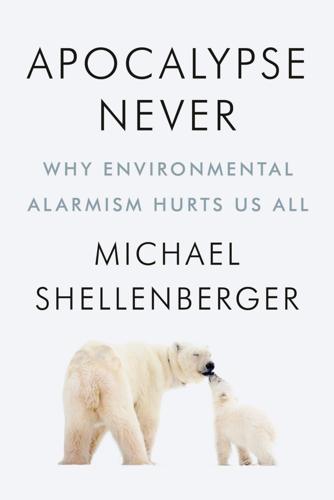
Apocalypse Never: Why Environmental Alarmism Hurts Us All
by Michael Shellenberger · 28 Jun 2020
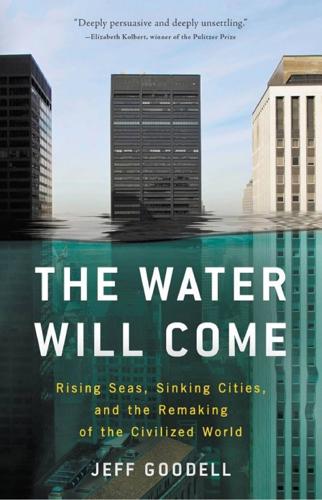
The Water Will Come: Rising Seas, Sinking Cities, and the Remaking of the Civilized World
by Jeff Goodell · 23 Oct 2017 · 292pp · 92,588 words
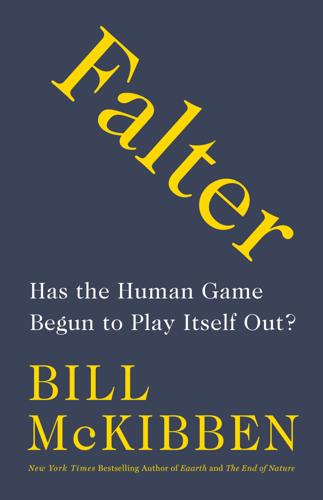
Falter: Has the Human Game Begun to Play Itself Out?
by Bill McKibben · 15 Apr 2019
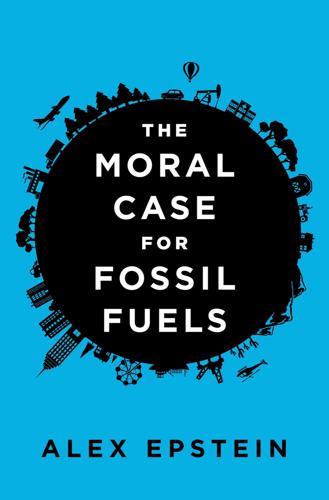
The Moral Case for Fossil Fuels
by Alex Epstein · 13 Nov 2014 · 257pp · 67,152 words
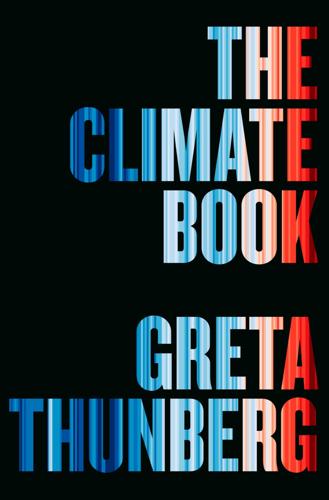
The Climate Book: The Facts and the Solutions
by Greta Thunberg · 14 Feb 2023 · 651pp · 162,060 words

American Marxism
by Mark R. Levin · 12 Jul 2021 · 314pp · 88,524 words
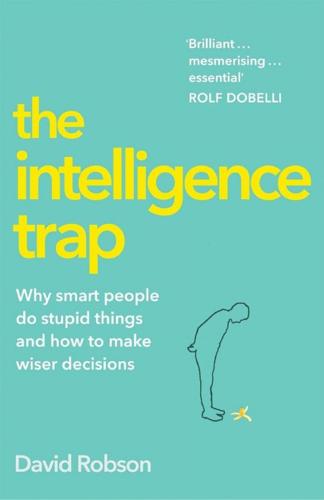
The Intelligence Trap: Revolutionise Your Thinking and Make Wiser Decisions
by David Robson · 7 Mar 2019 · 417pp · 103,458 words
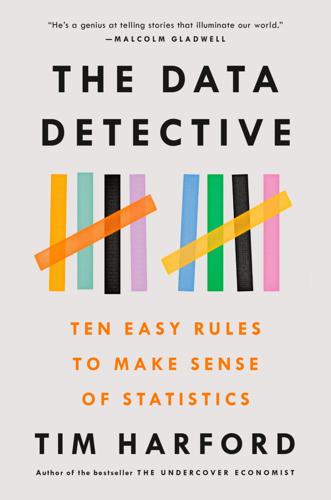
The Data Detective: Ten Easy Rules to Make Sense of Statistics
by Tim Harford · 2 Feb 2021 · 428pp · 103,544 words
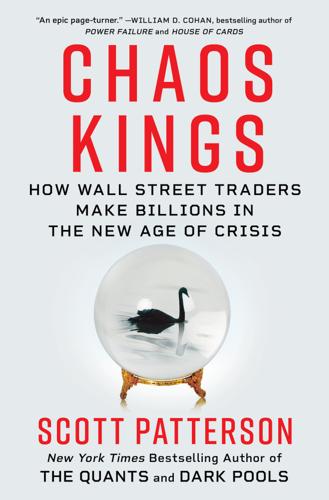
Chaos Kings: How Wall Street Traders Make Billions in the New Age of Crisis
by Scott Patterson · 5 Jun 2023 · 289pp · 95,046 words
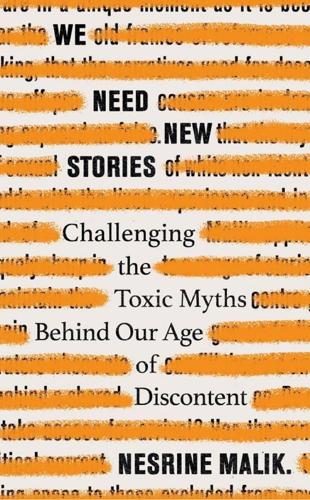
We Need New Stories: Challenging the Toxic Myths Behind Our Age of Discontent
by Nesrine Malik · 4 Sep 2019

The Controlled Demolition of the American Empire
by Jeff Berwick and Charlie Robinson · 14 Apr 2020 · 491pp · 141,690 words
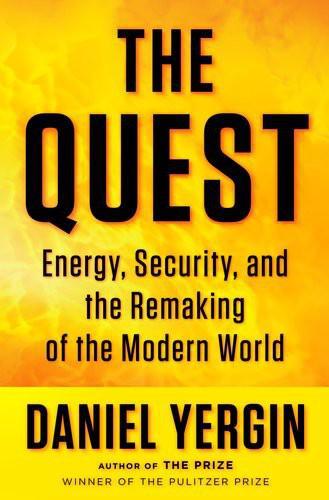
The Quest: Energy, Security, and the Remaking of the Modern World
by Daniel Yergin · 14 May 2011 · 1,373pp · 300,577 words
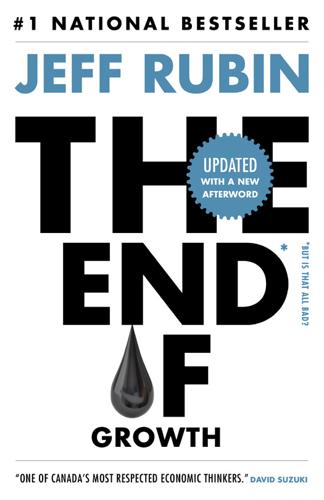
The End of Growth
by Jeff Rubin · 2 Sep 2013 · 262pp · 83,548 words
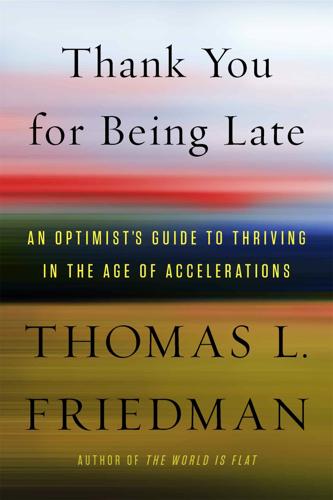
Thank You for Being Late: An Optimist's Guide to Thriving in the Age of Accelerations
by Thomas L. Friedman · 22 Nov 2016 · 602pp · 177,874 words
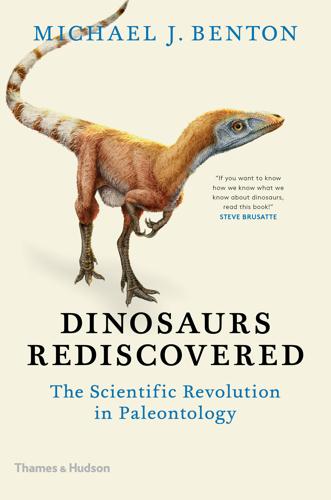
Dinosaurs Rediscovered
by Michael J. Benton · 14 Sep 2019
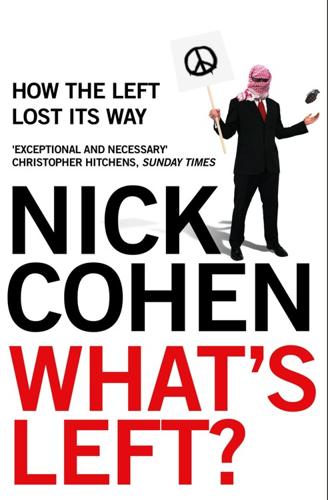
What's Left?: How Liberals Lost Their Way
by Nick Cohen · 15 Jul 2015 · 414pp · 121,243 words
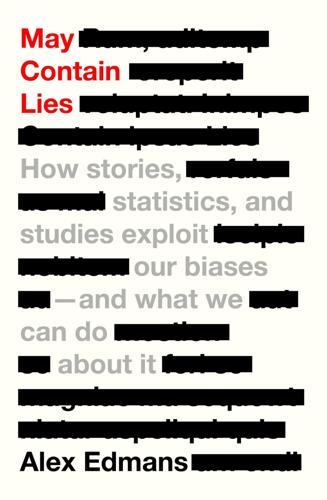
May Contain Lies: How Stories, Statistics, and Studies Exploit Our Biases—And What We Can Do About It
by Alex Edmans · 13 May 2024 · 315pp · 87,035 words
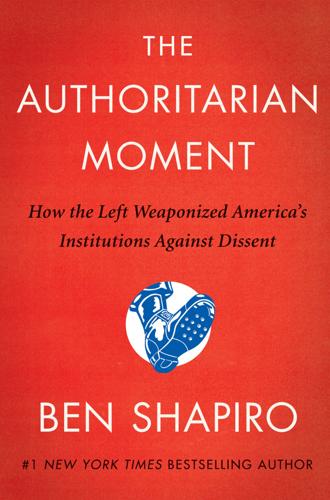
The Authoritarian Moment: How the Left Weaponized America's Institutions Against Dissent
by Ben Shapiro · 26 Jul 2021 · 309pp · 81,243 words
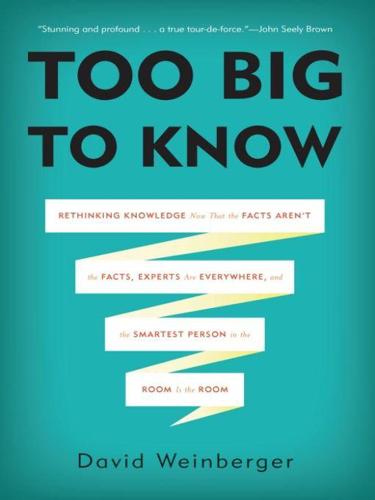
Too Big to Know: Rethinking Knowledge Now That the Facts Aren't the Facts, Experts Are Everywhere, and the Smartest Person in the Room Is the Room
by David Weinberger · 14 Jul 2011 · 369pp · 80,355 words
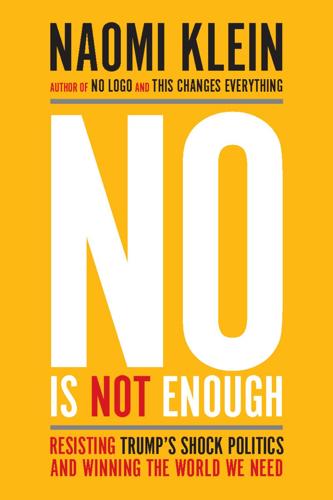
No Is Not Enough: Resisting Trump’s Shock Politics and Winning the World We Need
by Naomi Klein · 12 Jun 2017 · 357pp · 94,852 words
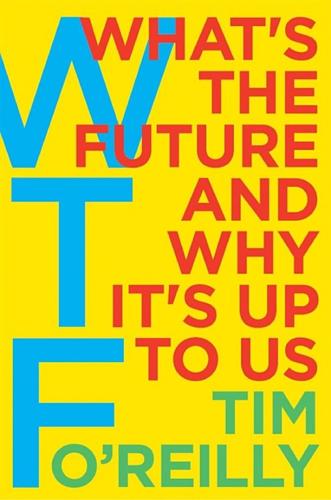
WTF?: What's the Future and Why It's Up to Us
by Tim O'Reilly · 9 Oct 2017 · 561pp · 157,589 words
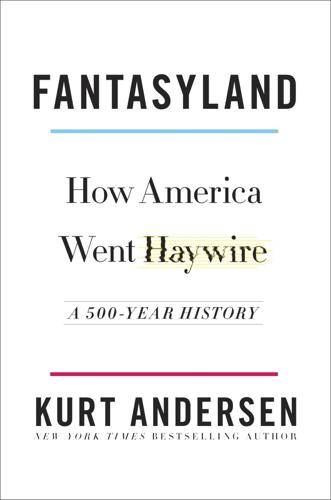
Fantasyland
by Kurt Andersen · 5 Sep 2017
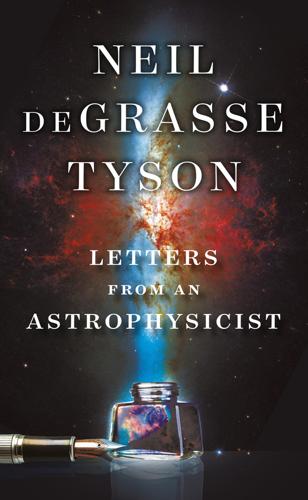
Letters From an Astrophysicist
by Neil Degrasse Tyson · 7 Oct 2019 · 189pp · 49,386 words

The Death of Truth: Notes on Falsehood in the Age of Trump
by Michiko Kakutani · 17 Jul 2018 · 137pp · 38,925 words
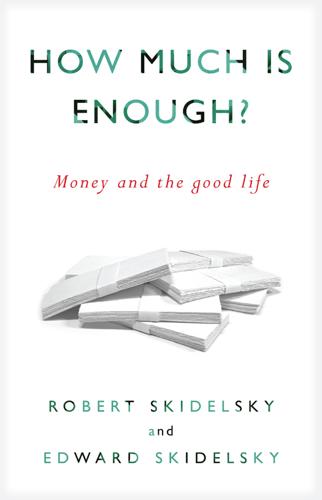
How Much Is Enough?: Money and the Good Life
by Robert Skidelsky and Edward Skidelsky · 18 Jun 2012 · 279pp · 87,910 words
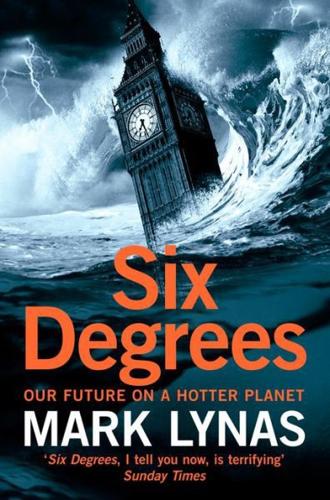
Six Degrees: Our Future on a Hotter Planet
by Mark Lynas · 1 Apr 2008 · 364pp · 101,193 words

The New Class Conflict
by Joel Kotkin · 31 Aug 2014 · 362pp · 83,464 words
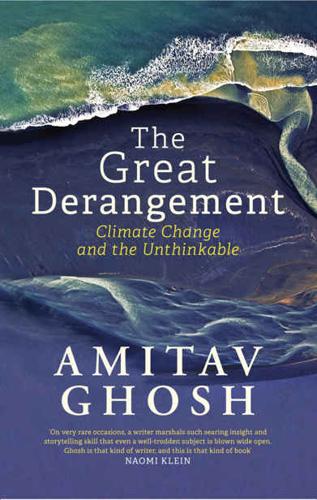
The Great Derangement: Climate Change and the Unthinkable
by Amitav Ghosh · 16 Jan 2018
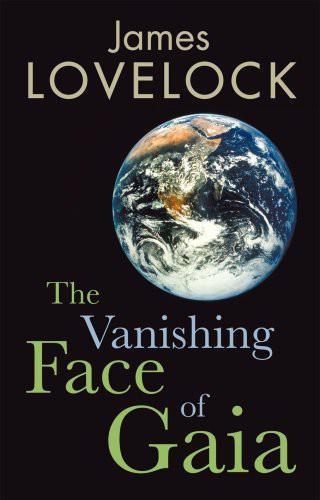
The Vanishing Face of Gaia: A Final Warning
by James E. Lovelock · 1 Jan 2009 · 239pp · 68,598 words

Border and Rule: Global Migration, Capitalism, and the Rise of Racist Nationalism
by Harsha Walia · 9 Feb 2021
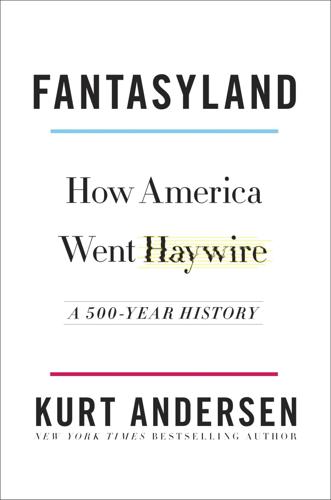
Fantasyland: How America Went Haywire: A 500-Year History
by Kurt Andersen · 4 Sep 2017 · 522pp · 162,310 words
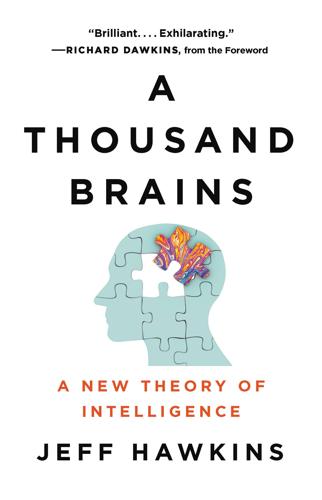
A Thousand Brains: A New Theory of Intelligence
by Jeff Hawkins · 15 Nov 2021 · 253pp · 84,238 words

The Rough Guide to Australia (Travel Guide eBook)
by Rough Guides · 14 Oct 2023 · 1,955pp · 521,661 words
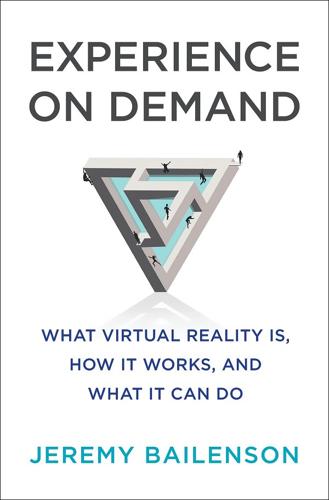
Experience on Demand: What Virtual Reality Is, How It Works, and What It Can Do
by Jeremy Bailenson · 30 Jan 2018 · 302pp · 90,215 words
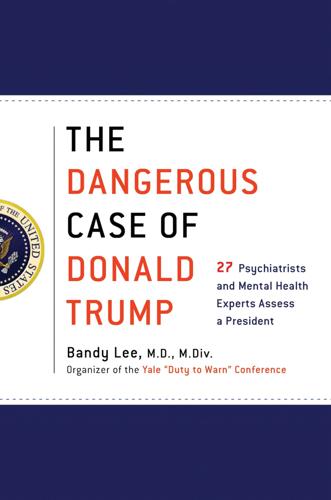
The Dangerous Case of Donald Trump: 27 Psychiatrists and Mental Health Experts Assess a President
by Bandy X. Lee · 2 Oct 2017 · 369pp · 105,819 words
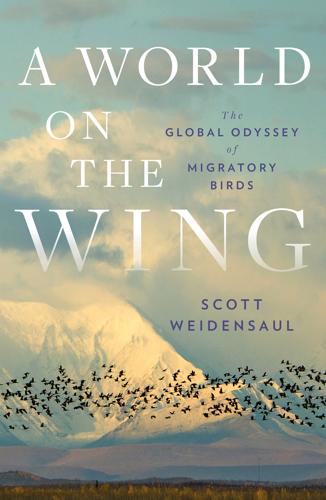
A World on the Wing: The Global Odyssey of Migratory Birds
by Scott Weidensaul · 29 Mar 2021 · 415pp · 136,343 words
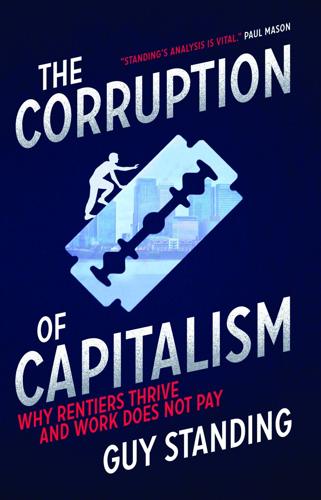
The Corruption of Capitalism: Why Rentiers Thrive and Work Does Not Pay
by Guy Standing · 13 Jul 2016 · 443pp · 98,113 words
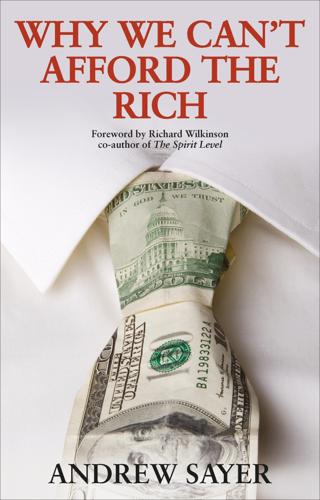
Why We Can't Afford the Rich
by Andrew Sayer · 6 Nov 2014 · 504pp · 143,303 words
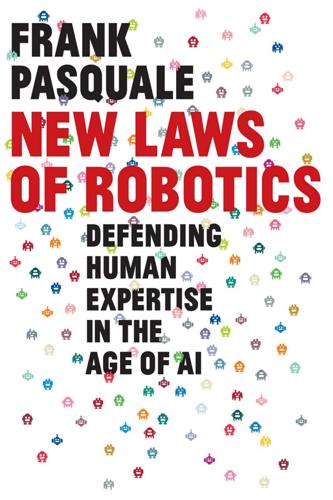
New Laws of Robotics: Defending Human Expertise in the Age of AI
by Frank Pasquale · 14 May 2020 · 1,172pp · 114,305 words
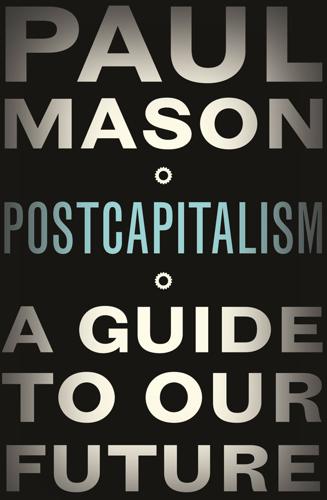
Postcapitalism: A Guide to Our Future
by Paul Mason · 29 Jul 2015 · 378pp · 110,518 words
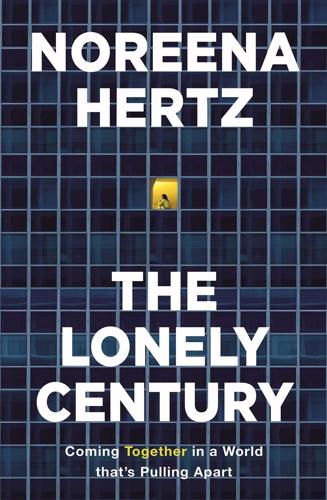
The Lonely Century: How Isolation Imperils Our Future
by Noreena Hertz · 13 May 2020 · 506pp · 133,134 words

Going Dark: The Secret Social Lives of Extremists
by Julia Ebner · 20 Feb 2020 · 309pp · 79,414 words
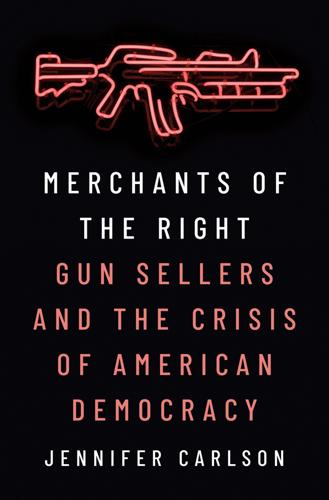
Merchants of the Right: Gun Sellers and the Crisis of American Democracy
by Jennifer Carlson · 2 May 2023 · 279pp · 100,877 words
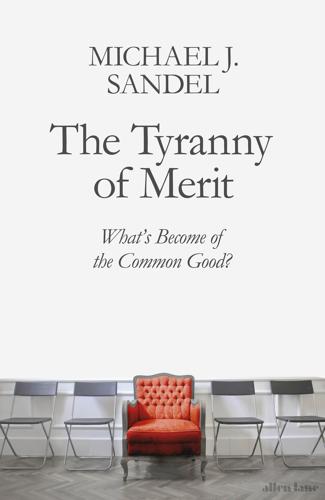
The Tyranny of Merit: What’s Become of the Common Good?
by Michael J. Sandel · 9 Sep 2020 · 493pp · 98,982 words
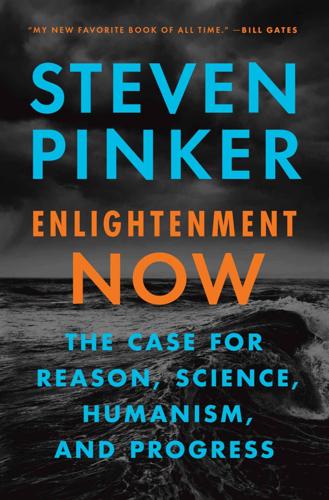
Enlightenment Now: The Case for Reason, Science, Humanism, and Progress
by Steven Pinker · 13 Feb 2018 · 1,034pp · 241,773 words
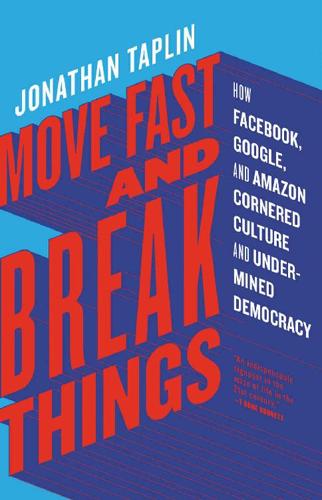
Move Fast and Break Things: How Facebook, Google, and Amazon Cornered Culture and Undermined Democracy
by Jonathan Taplin · 17 Apr 2017 · 222pp · 70,132 words
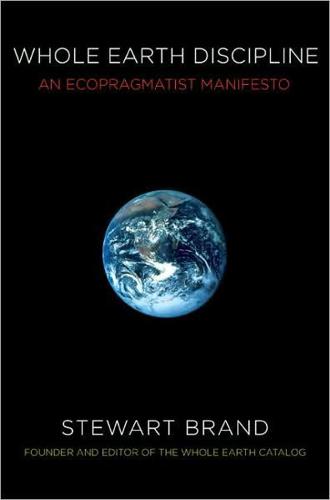
Whole Earth Discipline: An Ecopragmatist Manifesto
by Stewart Brand · 15 Mar 2009 · 422pp · 113,525 words
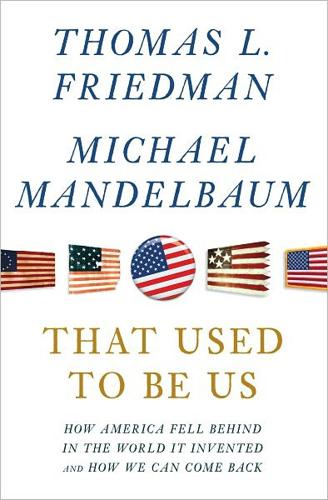
That Used to Be Us
by Thomas L. Friedman and Michael Mandelbaum · 1 Sep 2011 · 441pp · 136,954 words
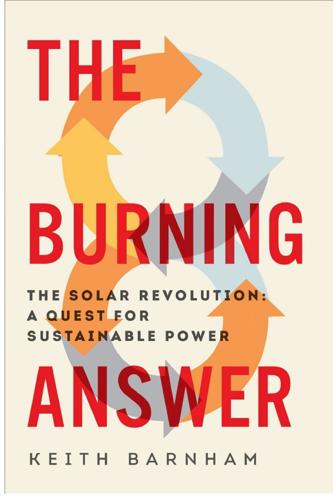
The Burning Answer: The Solar Revolution: A Quest for Sustainable Power
by Keith Barnham · 7 May 2015 · 433pp · 124,454 words
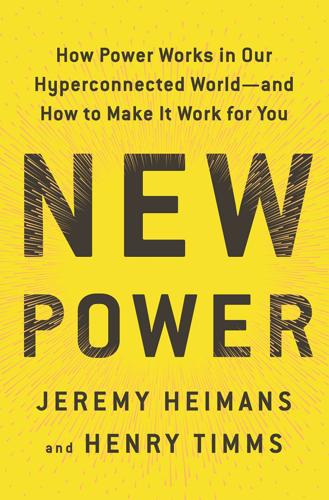
New Power: How Power Works in Our Hyperconnected World--And How to Make It Work for You
by Jeremy Heimans and Henry Timms · 2 Apr 2018 · 416pp · 100,130 words
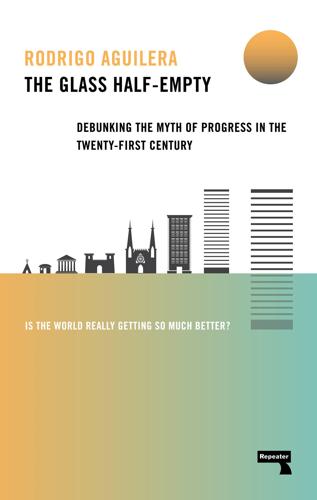
The Glass Half-Empty: Debunking the Myth of Progress in the Twenty-First Century
by Rodrigo Aguilera · 10 Mar 2020 · 356pp · 106,161 words
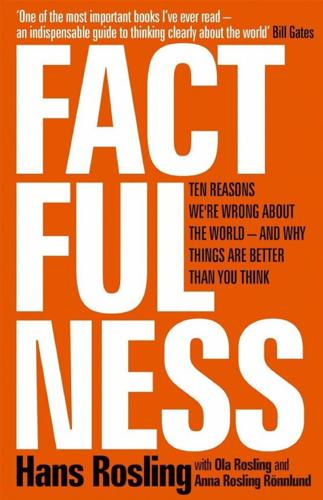
Factfulness: Ten Reasons We're Wrong About the World – and Why Things Are Better Than You Think
by Hans Rosling, Ola Rosling and Anna Rosling Rönnlund · 2 Apr 2018 · 288pp · 85,073 words
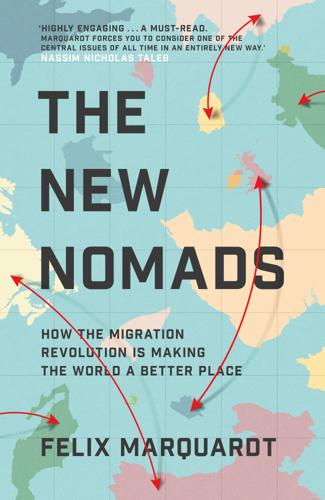
The New Nomads: How the Migration Revolution Is Making the World a Better Place
by Felix Marquardt · 7 Jul 2021 · 250pp · 75,151 words
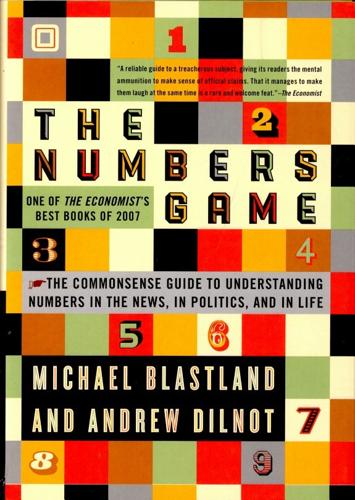
The Numbers Game: The Commonsense Guide to Understanding Numbers in the News,in Politics, and inLife
by Michael Blastland and Andrew Dilnot · 26 Dec 2008 · 219pp · 65,532 words
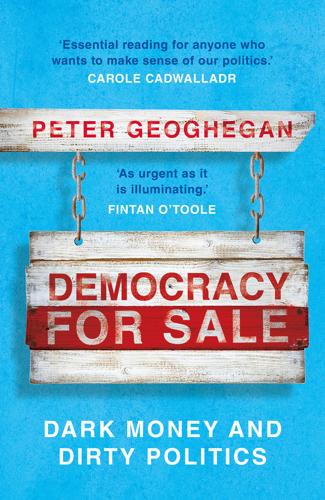
Democracy for Sale: Dark Money and Dirty Politics
by Peter Geoghegan · 2 Jan 2020 · 388pp · 111,099 words

When It All Burns: Fighting Fire in a Transformed World
by Jordan Thomas · 27 May 2025 · 347pp · 105,327 words
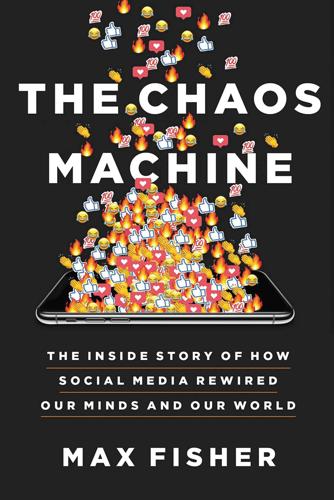
The Chaos Machine: The Inside Story of How Social Media Rewired Our Minds and Our World
by Max Fisher · 5 Sep 2022 · 439pp · 131,081 words
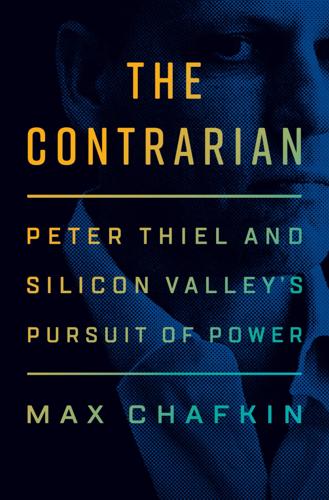
The Contrarian: Peter Thiel and Silicon Valley's Pursuit of Power
by Max Chafkin · 14 Sep 2021 · 524pp · 130,909 words
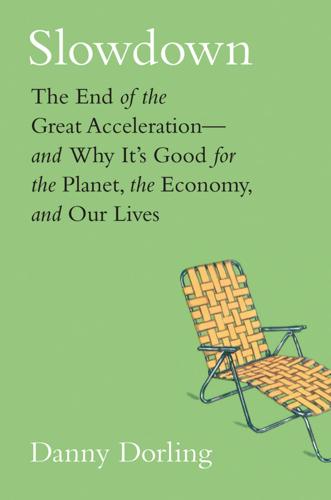
Slowdown: The End of the Great Acceleration―and Why It’s Good for the Planet, the Economy, and Our Lives
by Danny Dorling and Kirsten McClure · 18 May 2020 · 459pp · 138,689 words
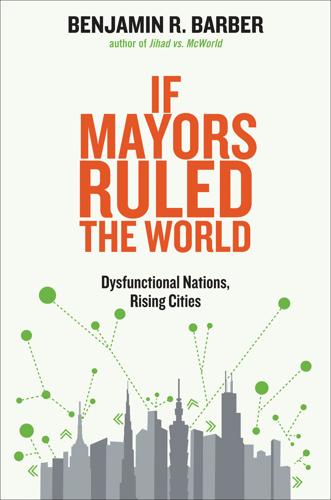
If Mayors Ruled the World: Dysfunctional Nations, Rising Cities
by Benjamin R. Barber · 5 Nov 2013 · 501pp · 145,943 words
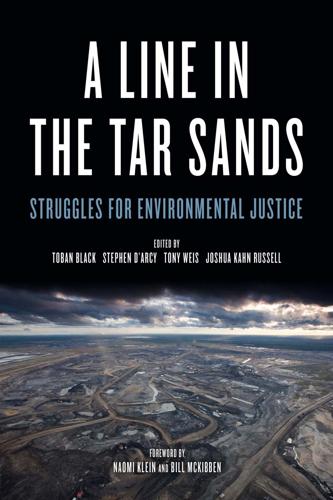
A Line in the Tar Sands: Struggles for Environmental Justice
by Tony Weis and Joshua Kahn Russell · 14 Oct 2014 · 501pp · 134,867 words

Because We Say So
by Noam Chomsky
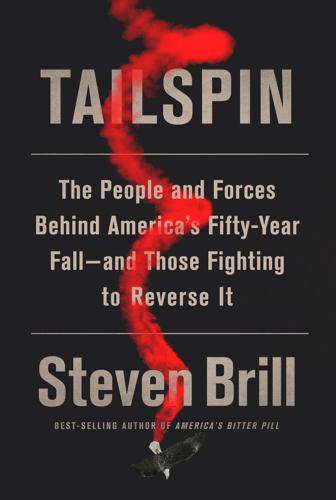
Tailspin: The People and Forces Behind America's Fifty-Year Fall--And Those Fighting to Reverse It
by Steven Brill · 28 May 2018 · 519pp · 155,332 words
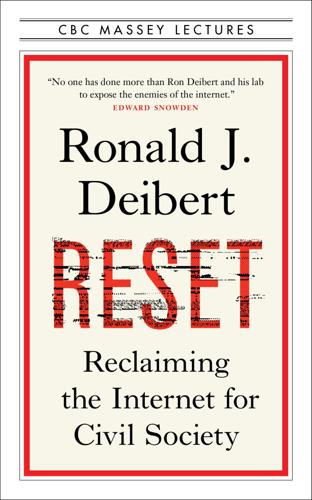
Reset
by Ronald J. Deibert · 14 Aug 2020

On Time and Water
by Andri Snaer Magnason · 15 Sep 2021 · 272pp · 77,108 words
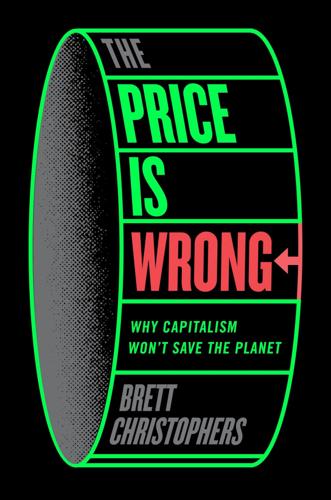
The Price Is Wrong: Why Capitalism Won't Save the Planet
by Brett Christophers · 12 Mar 2024 · 557pp · 154,324 words

Nobody's Fool: Why We Get Taken in and What We Can Do About It
by Daniel Simons and Christopher Chabris · 10 Jul 2023 · 338pp · 104,815 words
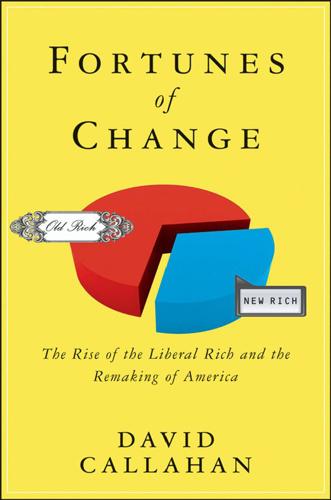
Fortunes of Change: The Rise of the Liberal Rich and the Remaking of America
by David Callahan · 9 Aug 2010
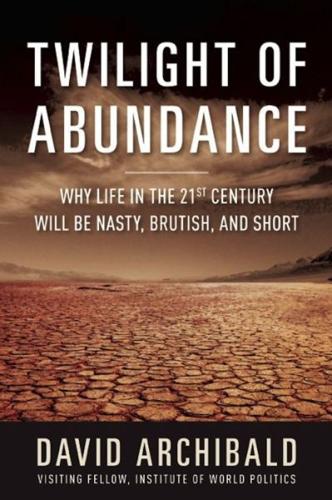
Twilight of Abundance: Why the 21st Century Will Be Nasty, Brutish, and Short
by David Archibald · 24 Mar 2014 · 217pp · 61,407 words
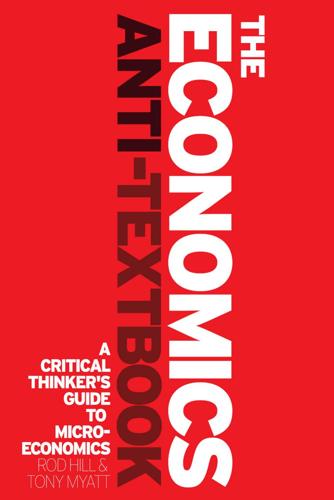
The Economics Anti-Textbook: A Critical Thinker's Guide to Microeconomics
by Rod Hill and Anthony Myatt · 15 Mar 2010
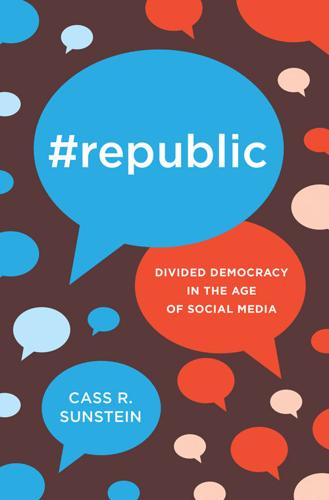
#Republic: Divided Democracy in the Age of Social Media
by Cass R. Sunstein · 7 Mar 2017 · 437pp · 105,934 words
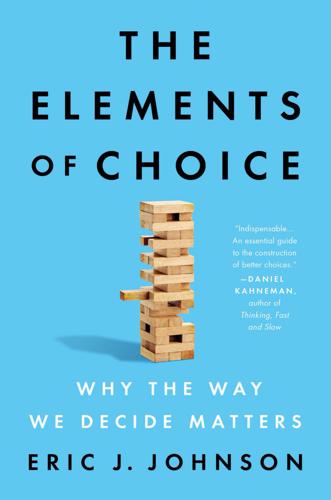
The Elements of Choice: Why the Way We Decide Matters
by Eric J. Johnson · 12 Oct 2021 · 362pp · 103,087 words
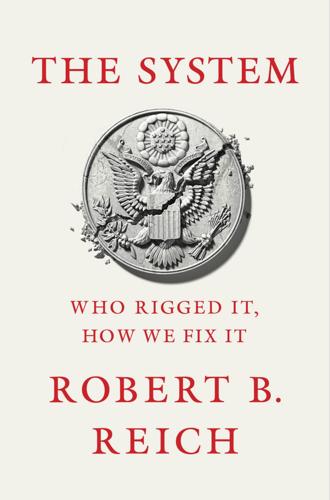
The System: Who Rigged It, How We Fix It
by Robert B. Reich · 24 Mar 2020 · 154pp · 47,880 words
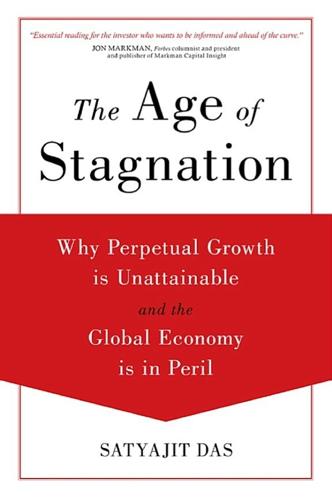
The Age of Stagnation: Why Perpetual Growth Is Unattainable and the Global Economy Is in Peril
by Satyajit Das · 9 Feb 2016 · 327pp · 90,542 words
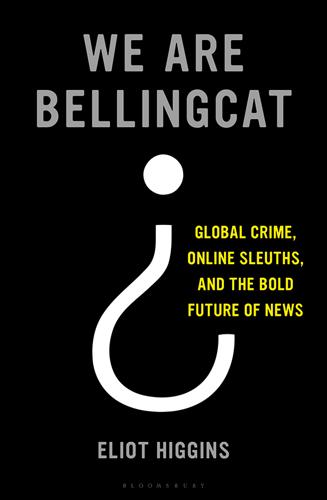
We Are Bellingcat: Global Crime, Online Sleuths, and the Bold Future of News
by Eliot Higgins · 2 Mar 2021 · 277pp · 70,506 words

Brexit, No Exit: Why in the End Britain Won't Leave Europe
by Denis MacShane · 14 Jul 2017 · 308pp · 99,298 words
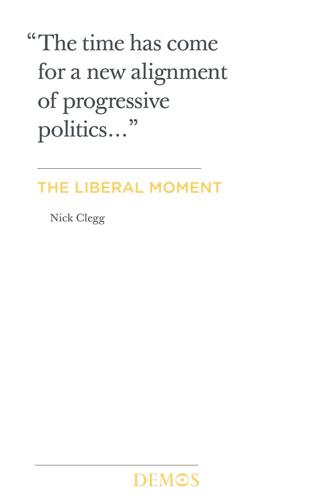
The Liberal Moment
by Nick Clegg and Demos (organization : London, England) · 12 Nov 2009 · 92pp
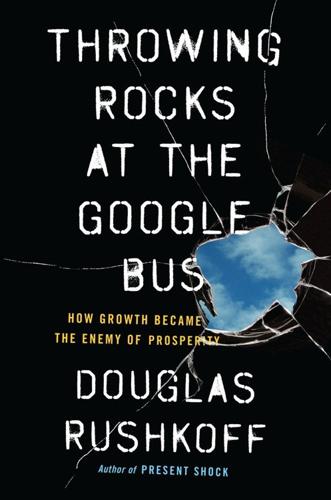
Throwing Rocks at the Google Bus: How Growth Became the Enemy of Prosperity
by Douglas Rushkoff · 1 Mar 2016 · 366pp · 94,209 words
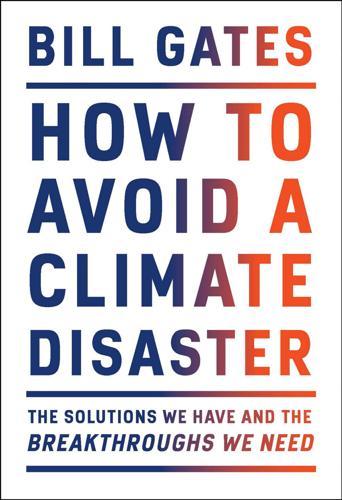
How to Avoid a Climate Disaster: The Solutions We Have and the Breakthroughs We Need
by Bill Gates · 16 Feb 2021 · 314pp · 75,678 words
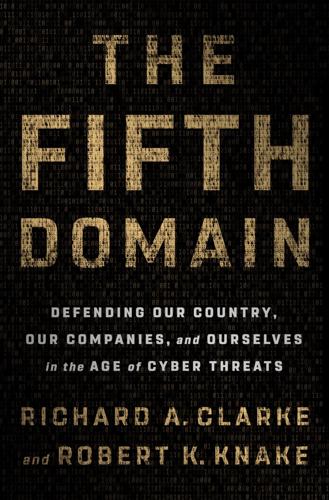
The Fifth Domain: Defending Our Country, Our Companies, and Ourselves in the Age of Cyber Threats
by Richard A. Clarke and Robert K. Knake · 15 Jul 2019 · 409pp · 112,055 words

Spies, Lies, and Algorithms: The History and Future of American Intelligence
by Amy B. Zegart · 6 Nov 2021

Dawn of the New Everything: Encounters With Reality and Virtual Reality
by Jaron Lanier · 21 Nov 2017 · 480pp · 123,979 words
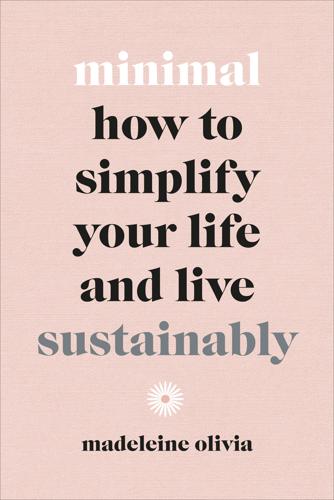
Minimal: How to Simplify Your Life and Live Sustainably
by Madeleine Olivia · 9 Jan 2020 · 306pp · 71,100 words
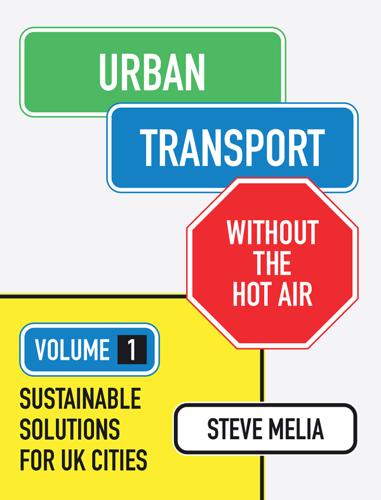
Urban Transport Without the Hot Air, Volume 1
by Steve Melia · 351pp · 91,133 words
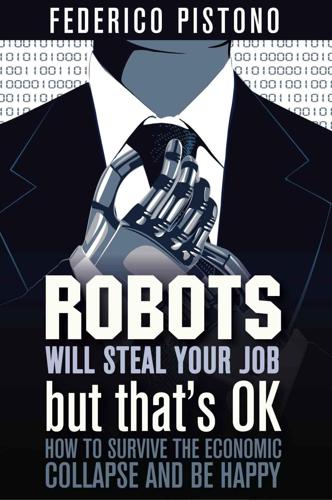
Robots Will Steal Your Job, But That's OK: How to Survive the Economic Collapse and Be Happy
by Pistono, Federico · 14 Oct 2012 · 245pp · 64,288 words
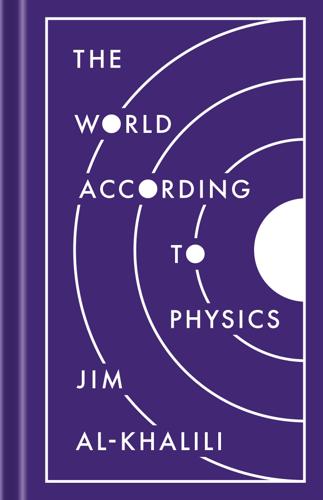
The World According to Physics
by Jim Al-Khalili · 10 Mar 2020 · 198pp · 57,703 words

Character Limit: How Elon Musk Destroyed Twitter
by Kate Conger and Ryan Mac · 17 Sep 2024

The Moon: A History for the Future
by Oliver Morton · 1 May 2019 · 319pp · 100,984 words
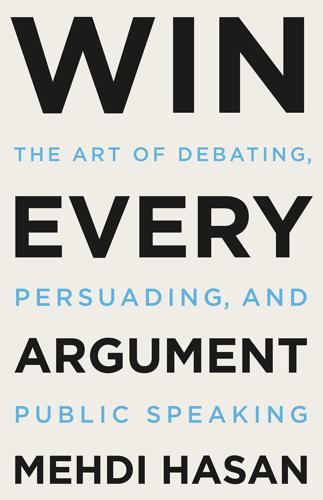
Win Every Argument: The Art of Debating, Persuading, and Public Speaking
by Mehdi Hasan · 27 Feb 2023 · 307pp · 93,073 words
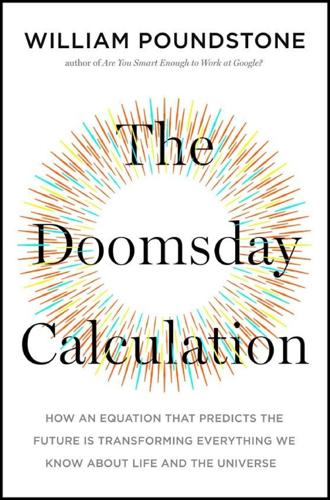
The Doomsday Calculation: How an Equation That Predicts the Future Is Transforming Everything We Know About Life and the Universe
by William Poundstone · 3 Jun 2019 · 283pp · 81,376 words
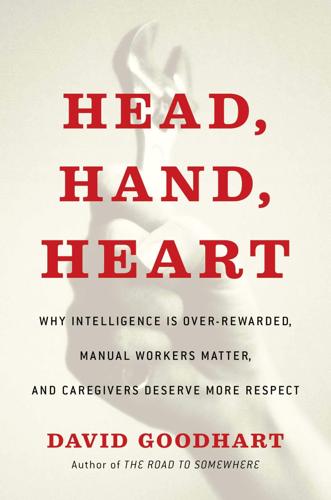
Head, Hand, Heart: Why Intelligence Is Over-Rewarded, Manual Workers Matter, and Caregivers Deserve More Respect
by David Goodhart · 7 Sep 2020 · 463pp · 115,103 words
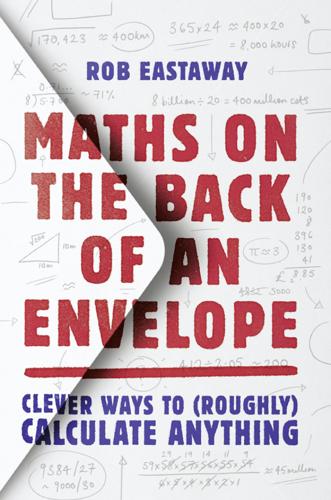
Maths on the Back of an Envelope: Clever Ways to (Roughly) Calculate Anything
by Rob Eastaway · 18 Sep 2019 · 150pp · 43,467 words
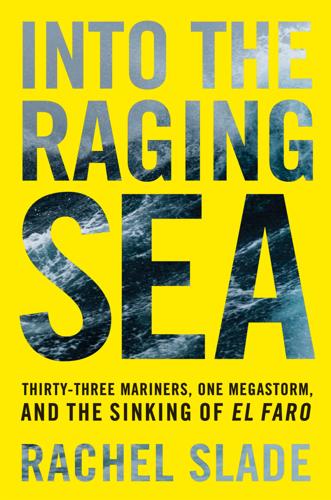
Into the Raging Sea
by Rachel Slade · 4 Apr 2018 · 390pp · 109,438 words
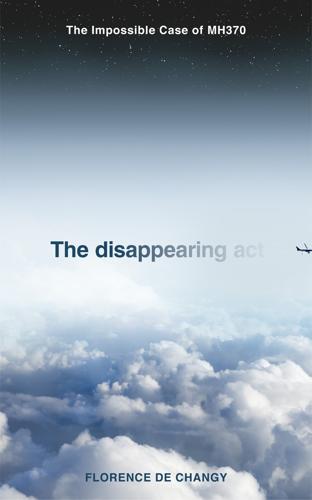
The Disappearing Act
by Florence de Changy · 24 Dec 2020
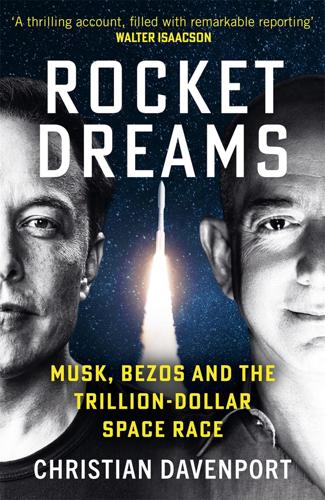
Rocket Dreams: Musk, Bezos and the Trillion-Dollar Space Race
by Christian Davenport · 6 Sep 2025 · 441pp · 127,950 words

What We Cannot Know: Explorations at the Edge of Knowledge
by Marcus Du Sautoy · 18 May 2016

Targeted: The Cambridge Analytica Whistleblower's Inside Story of How Big Data, Trump, and Facebook Broke Democracy and How It Can Happen Again
by Brittany Kaiser · 21 Oct 2019 · 391pp · 123,597 words
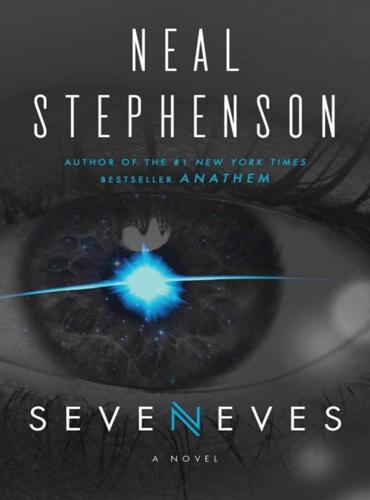
Seveneves
by Neal Stephenson · 19 May 2015 · 945pp · 292,893 words
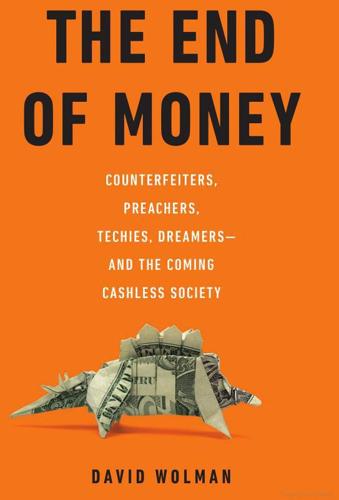
The End of Money: Counterfeiters, Preachers, Techies, Dreamers--And the Coming Cashless Society
by David Wolman · 14 Feb 2012 · 275pp · 77,017 words
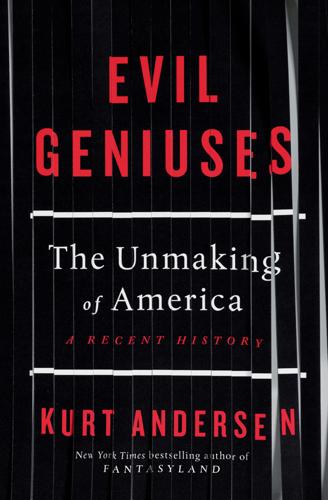
Evil Geniuses: The Unmaking of America: A Recent History
by Kurt Andersen · 14 Sep 2020 · 486pp · 150,849 words
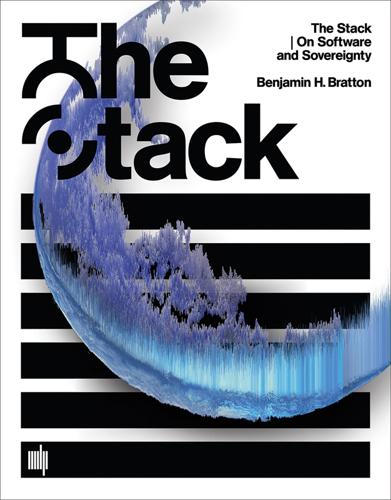
The Stack: On Software and Sovereignty
by Benjamin H. Bratton · 19 Feb 2016 · 903pp · 235,753 words
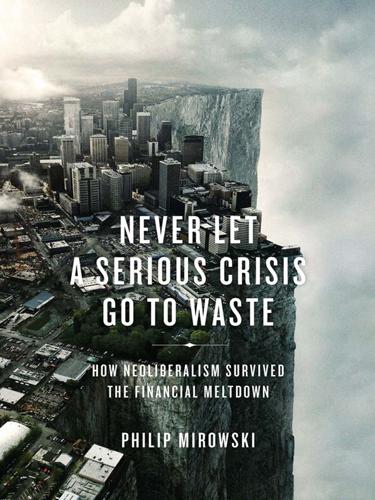
Never Let a Serious Crisis Go to Waste: How Neoliberalism Survived the Financial Meltdown
by Philip Mirowski · 24 Jun 2013 · 662pp · 180,546 words
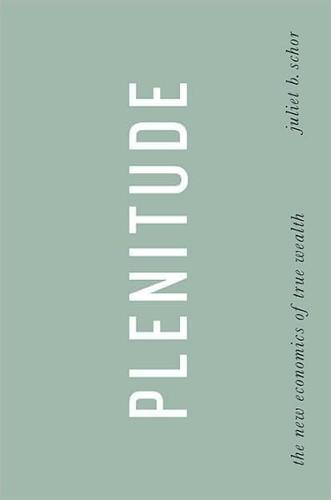
Plenitude: The New Economics of True Wealth
by Juliet B. Schor · 12 May 2010 · 309pp · 78,361 words
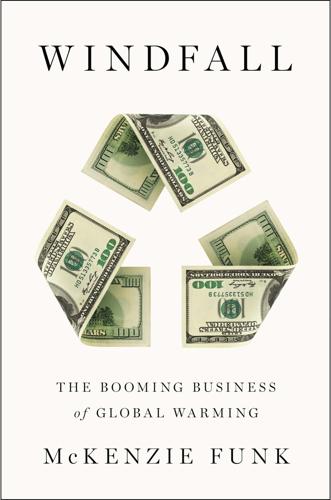
Windfall: The Booming Business of Global Warming
by Mckenzie Funk · 22 Jan 2014 · 337pp · 101,281 words
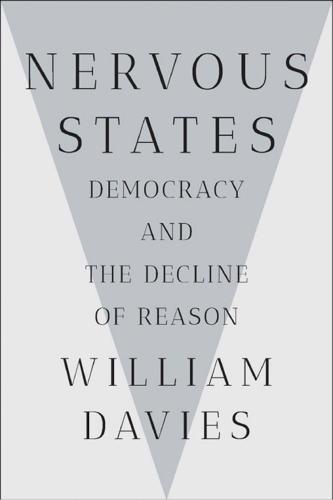
Nervous States: Democracy and the Decline of Reason
by William Davies · 26 Feb 2019 · 349pp · 98,868 words

The Collapse of Western Civilization: A View From the Future
by Naomi Oreskes and Erik M. Conway · 30 Jun 2014 · 105pp · 18,832 words
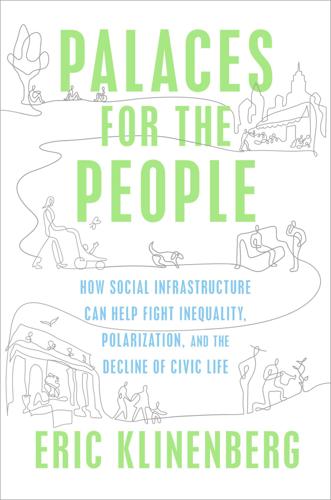
Palaces for the People: How Social Infrastructure Can Help Fight Inequality, Polarization, and the Decline of Civic Life
by Eric Klinenberg · 10 Sep 2018 · 281pp · 83,505 words
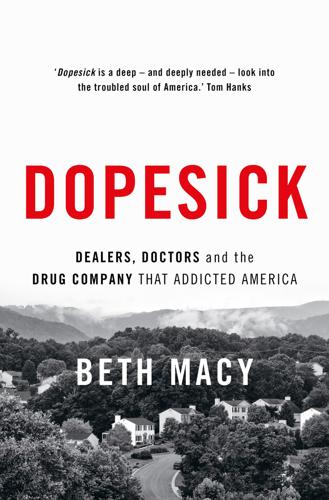
Dopesick: Dealers, Doctors and the Drug Company That Addicted America
by Beth Macy · 4 Mar 2019 · 441pp · 124,798 words
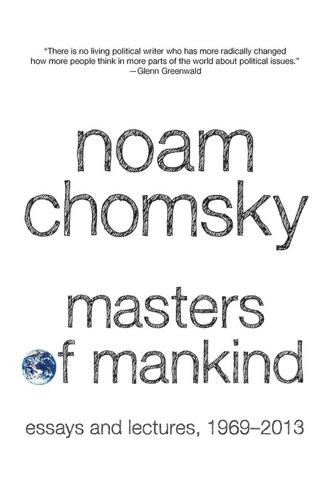
Masters of Mankind
by Noam Chomsky · 1 Sep 2014

Everything's Trash, but It's Okay
by Phoebe Robinson · 15 Oct 2018 · 257pp · 90,857 words
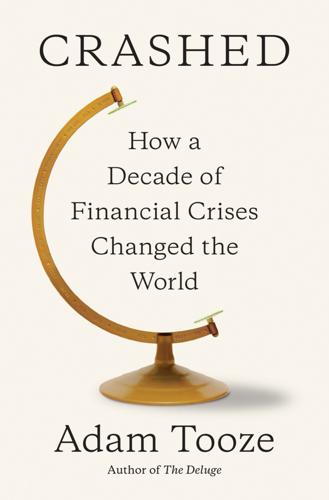
Crashed: How a Decade of Financial Crises Changed the World
by Adam Tooze · 31 Jul 2018 · 1,066pp · 273,703 words
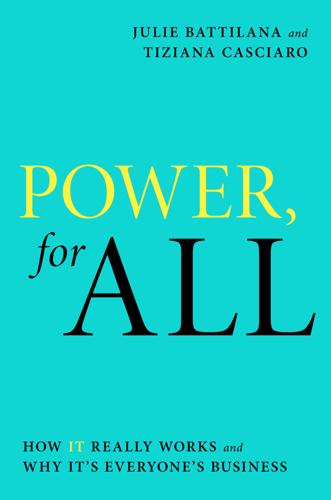
Power, for All: How It Really Works and Why It's Everyone's Business
by Julie Battilana and Tiziana Casciaro · 30 Aug 2021 · 345pp · 92,063 words
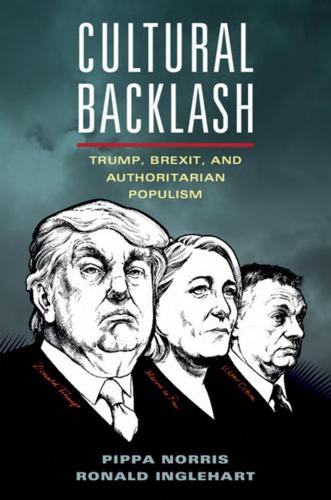
Cultural Backlash: Trump, Brexit, and Authoritarian Populism
by Pippa Norris and Ronald Inglehart · 31 Dec 2018
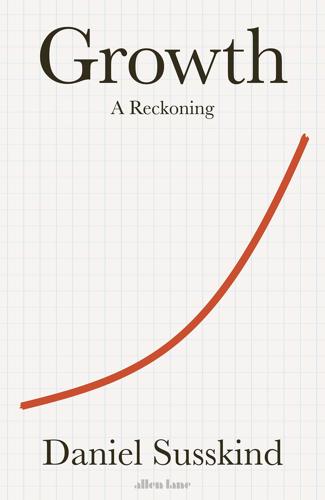
Growth: A Reckoning
by Daniel Susskind · 16 Apr 2024 · 358pp · 109,930 words

Failures of State: The Inside Story of Britain's Battle With Coronavirus
by Jonathan Calvert and George Arbuthnott · 18 Mar 2021 · 432pp · 143,491 words
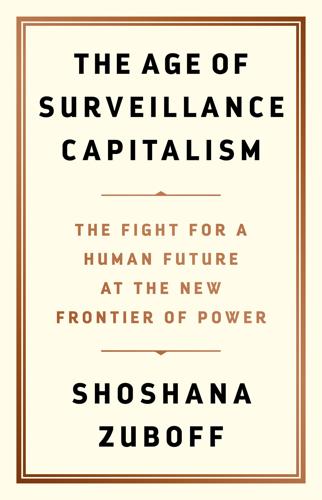
The Age of Surveillance Capitalism
by Shoshana Zuboff · 15 Jan 2019 · 918pp · 257,605 words
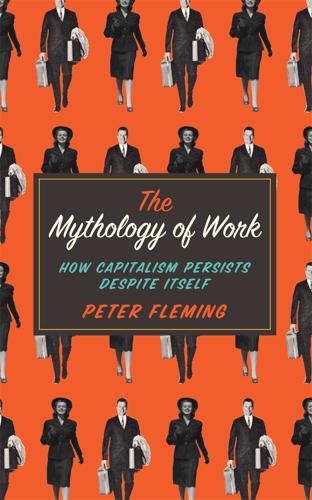
Mythology of Work: How Capitalism Persists Despite Itself
by Peter Fleming · 14 Jun 2015 · 320pp · 86,372 words
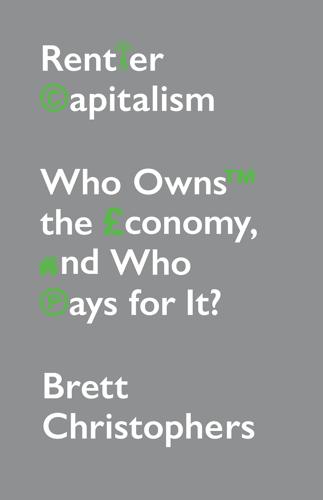
Rentier Capitalism: Who Owns the Economy, and Who Pays for It?
by Brett Christophers · 17 Nov 2020 · 614pp · 168,545 words
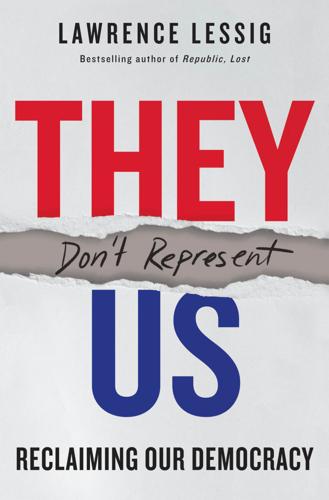
They Don't Represent Us: Reclaiming Our Democracy
by Lawrence Lessig · 5 Nov 2019 · 404pp · 115,108 words
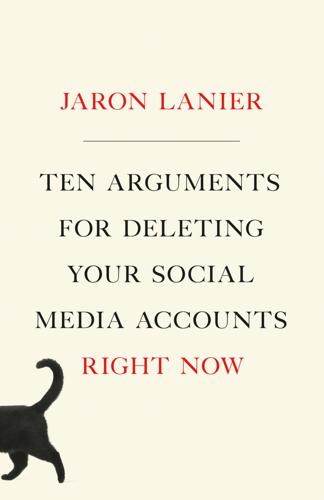
Ten Arguments for Deleting Your Social Media Accounts Right Now
by Jaron Lanier · 28 May 2018 · 151pp · 39,757 words

Convenient Terrorist : Two Whistleblowers' Stories of Torture, Terror, Secret Wars, and CIA Lies (9781510711648)
by Kiriakou, John; Hickman, Joseph · 13 Jun 2017 · 123pp · 34,936 words
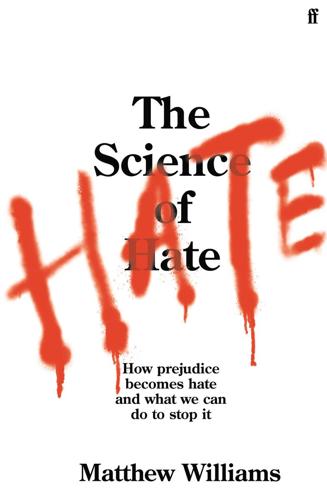
The Science of Hate: How Prejudice Becomes Hate and What We Can Do to Stop It
by Matthew Williams · 23 Mar 2021 · 592pp · 125,186 words
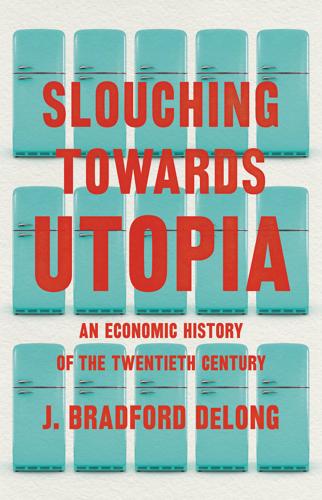
Slouching Towards Utopia: An Economic History of the Twentieth Century
by J. Bradford Delong · 6 Apr 2020 · 593pp · 183,240 words
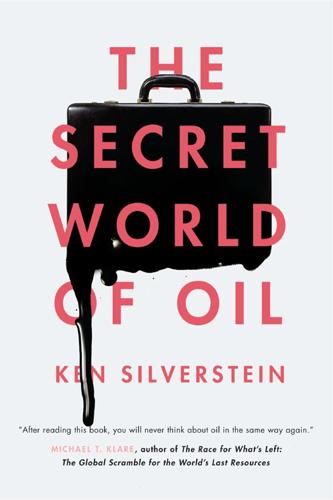
The Secret World of Oil
by Ken Silverstein · 30 Apr 2014 · 233pp · 73,772 words
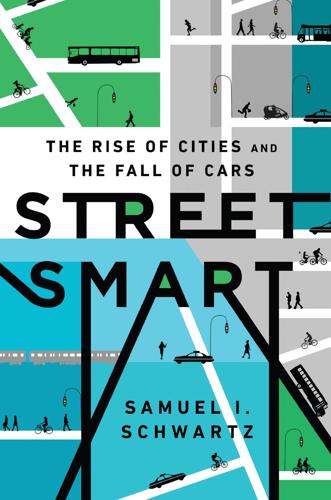
Street Smart: The Rise of Cities and the Fall of Cars
by Samuel I. Schwartz · 17 Aug 2015 · 340pp · 92,904 words
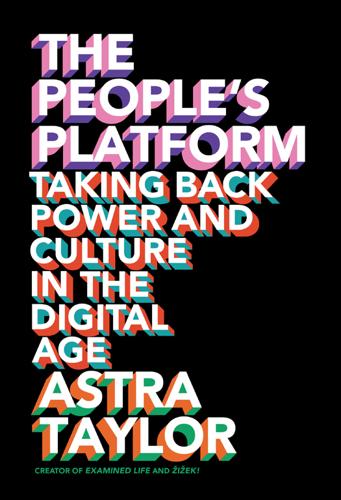
The People's Platform: Taking Back Power and Culture in the Digital Age
by Astra Taylor · 4 Mar 2014 · 283pp · 85,824 words
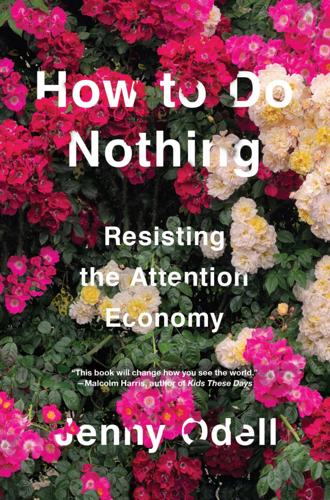
How to Do Nothing
by Jenny Odell · 8 Apr 2019 · 243pp · 76,686 words